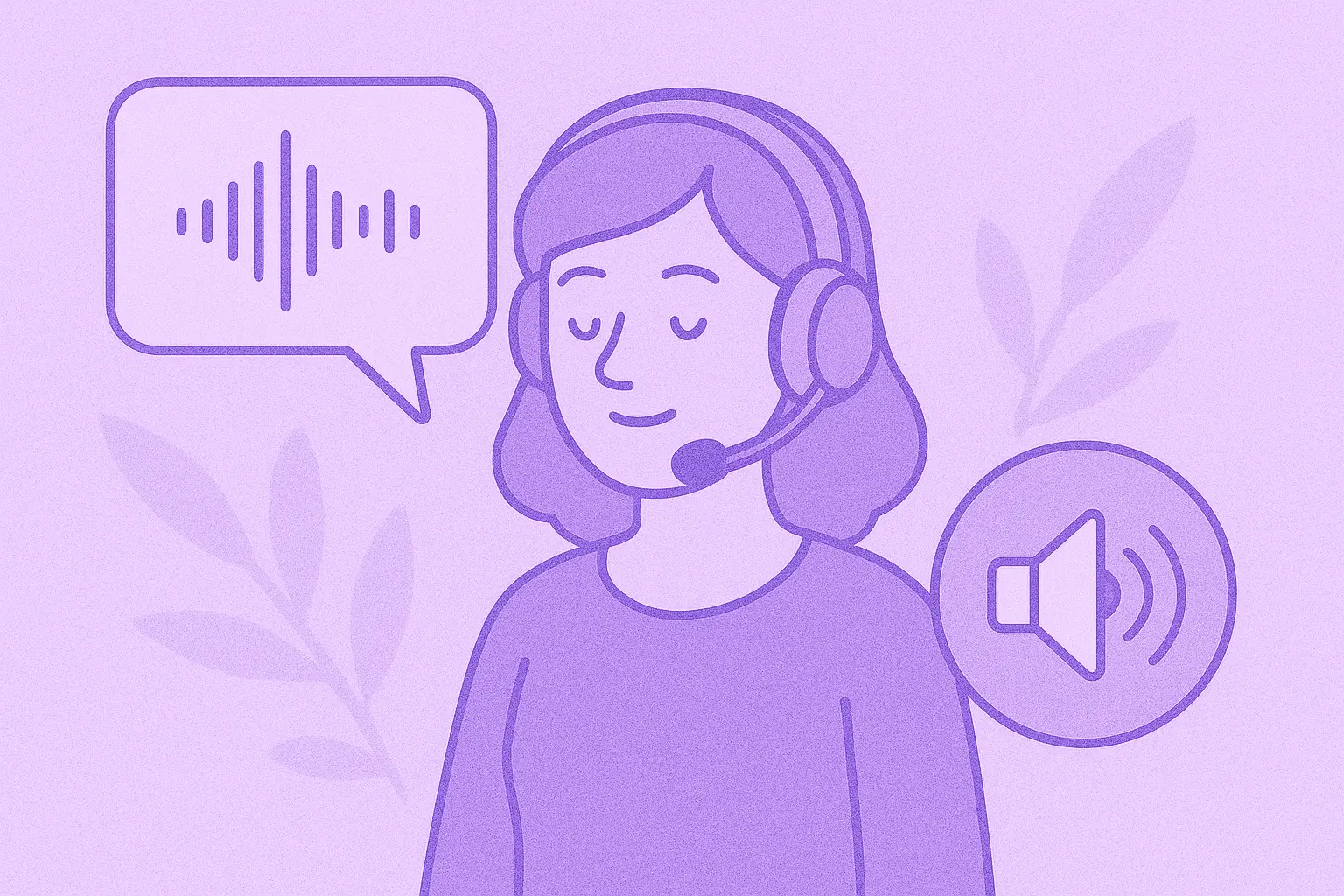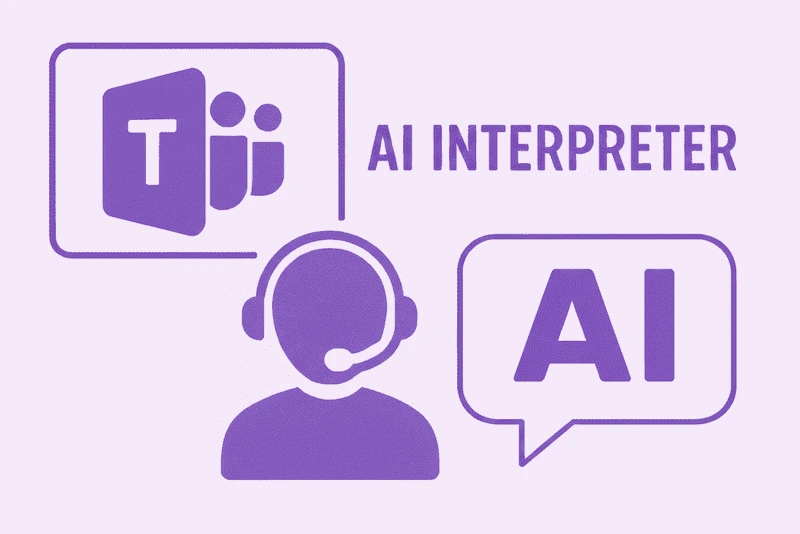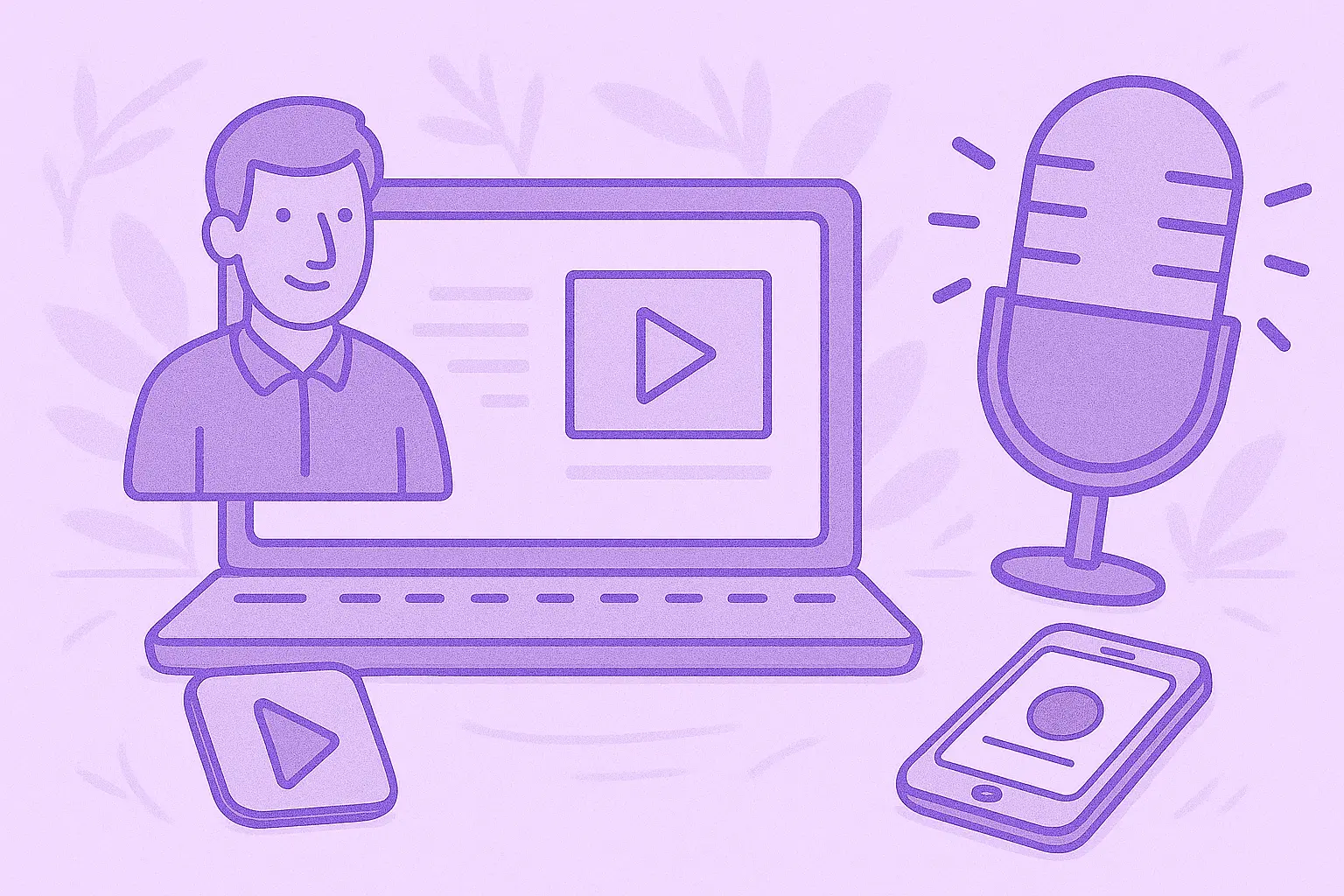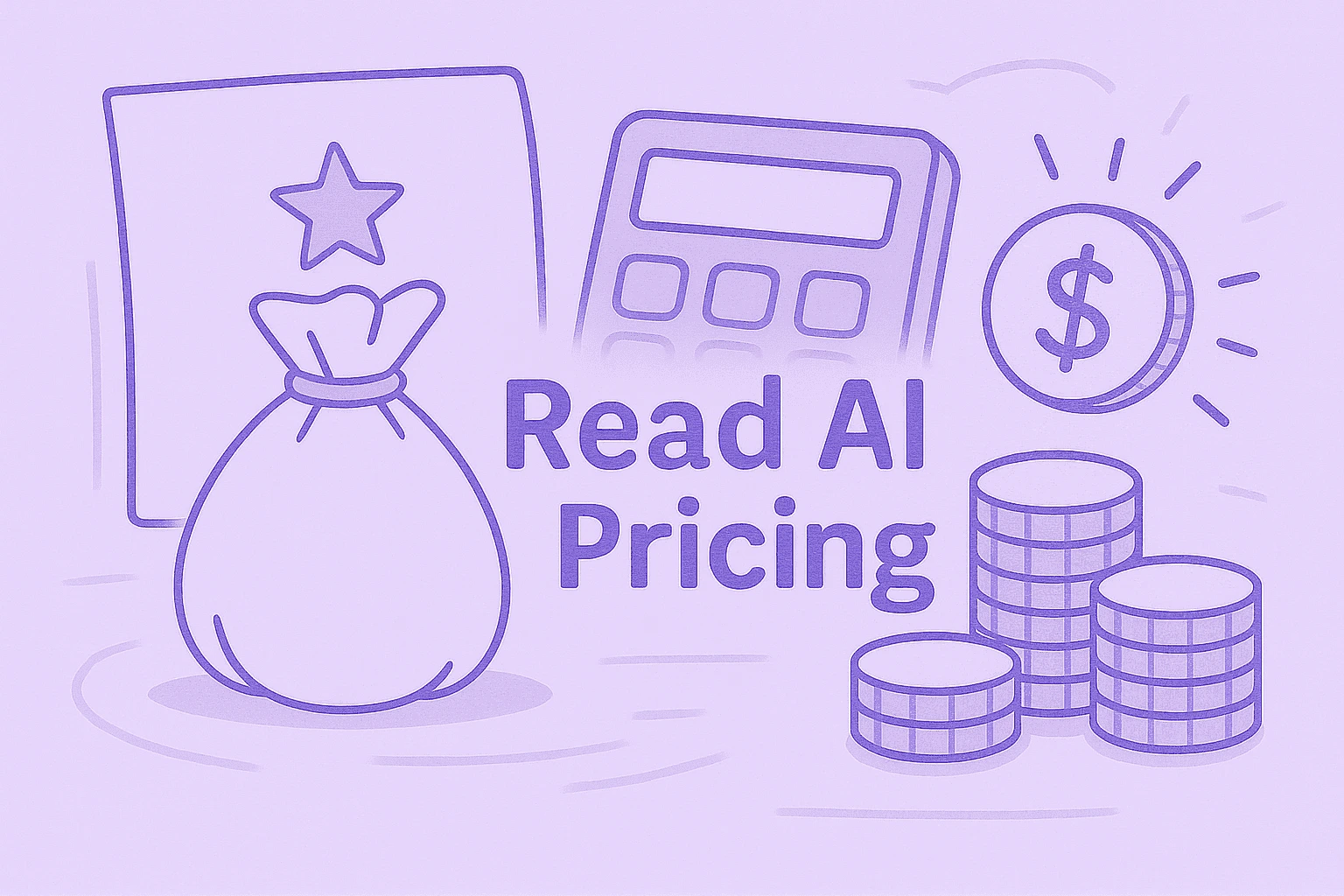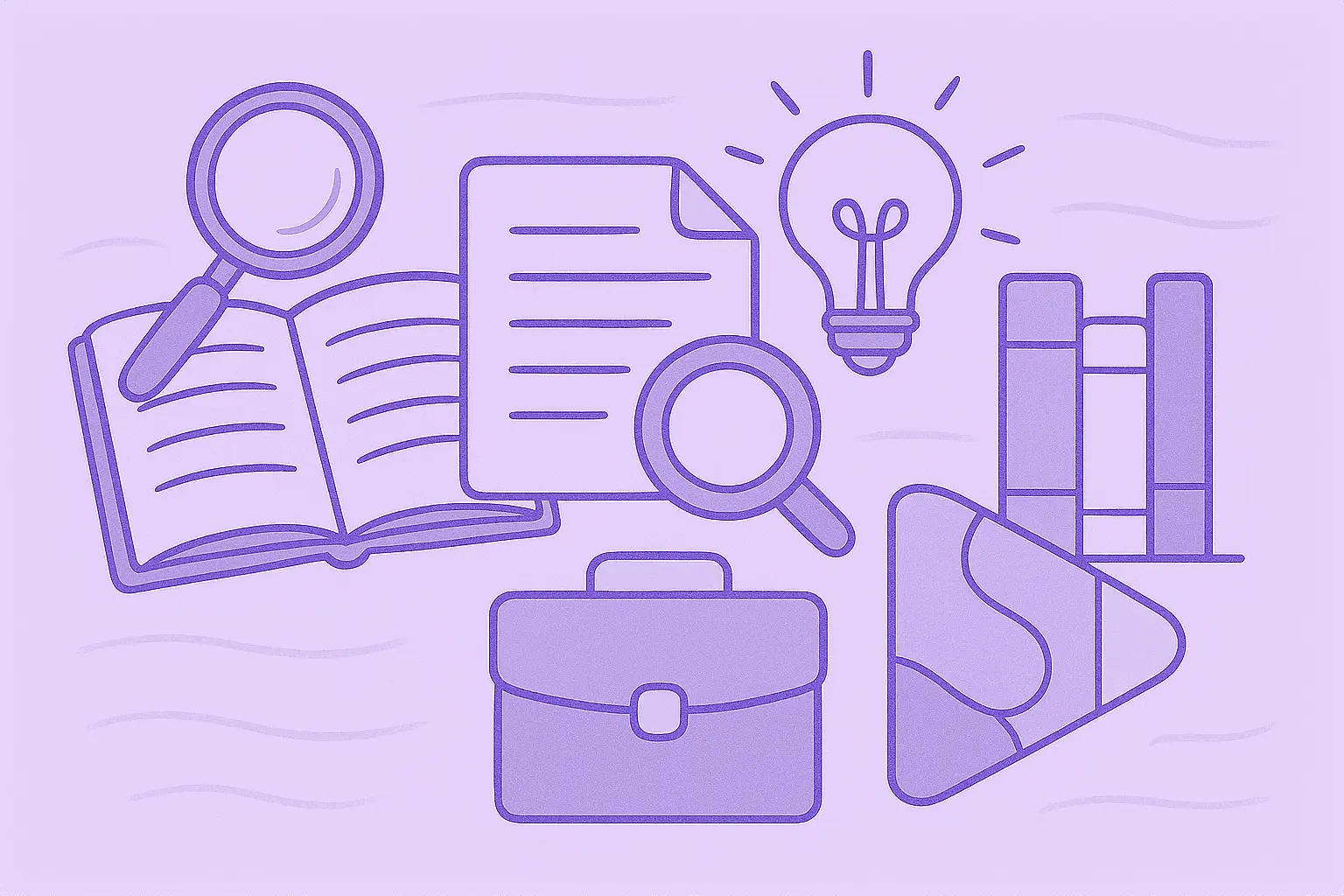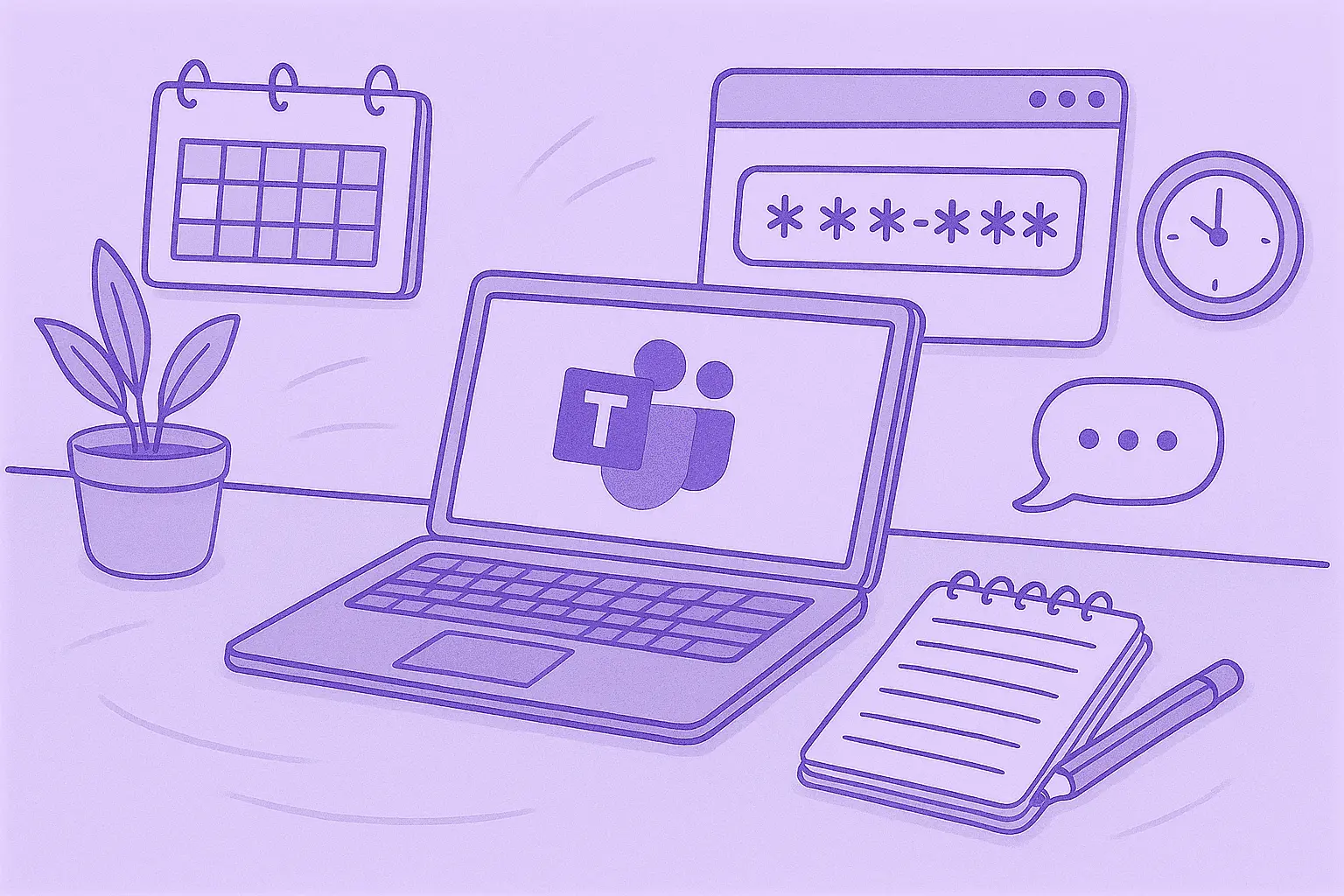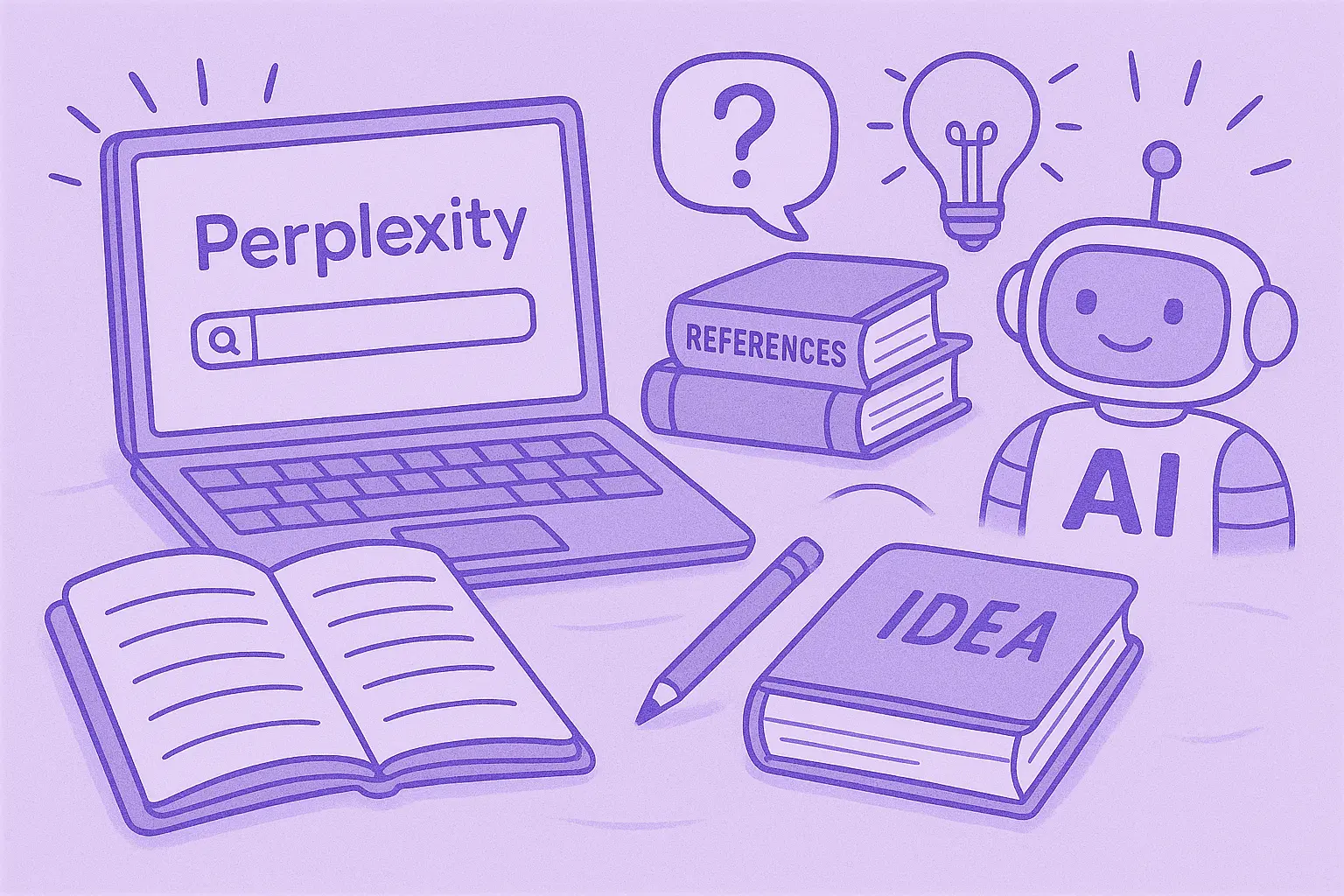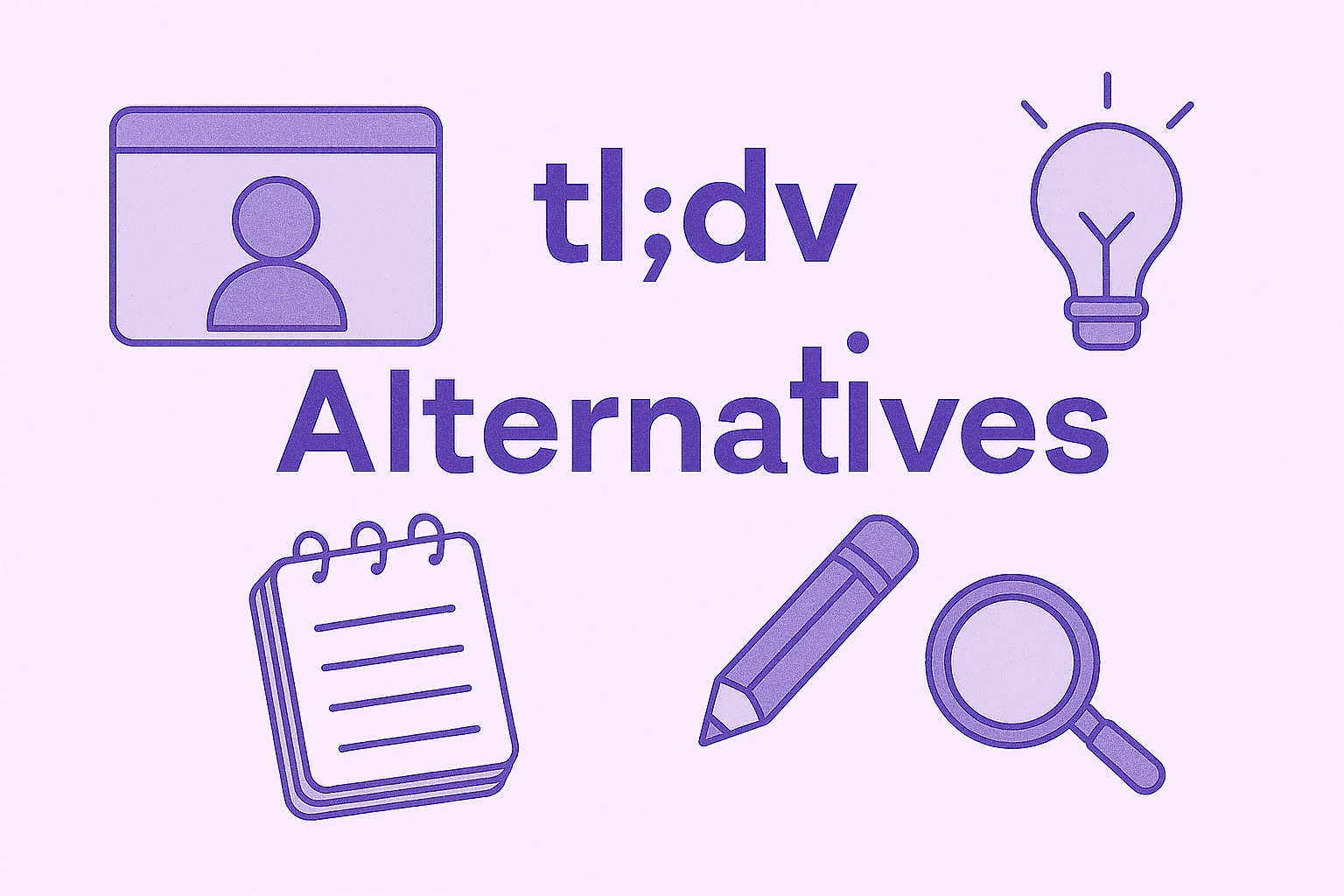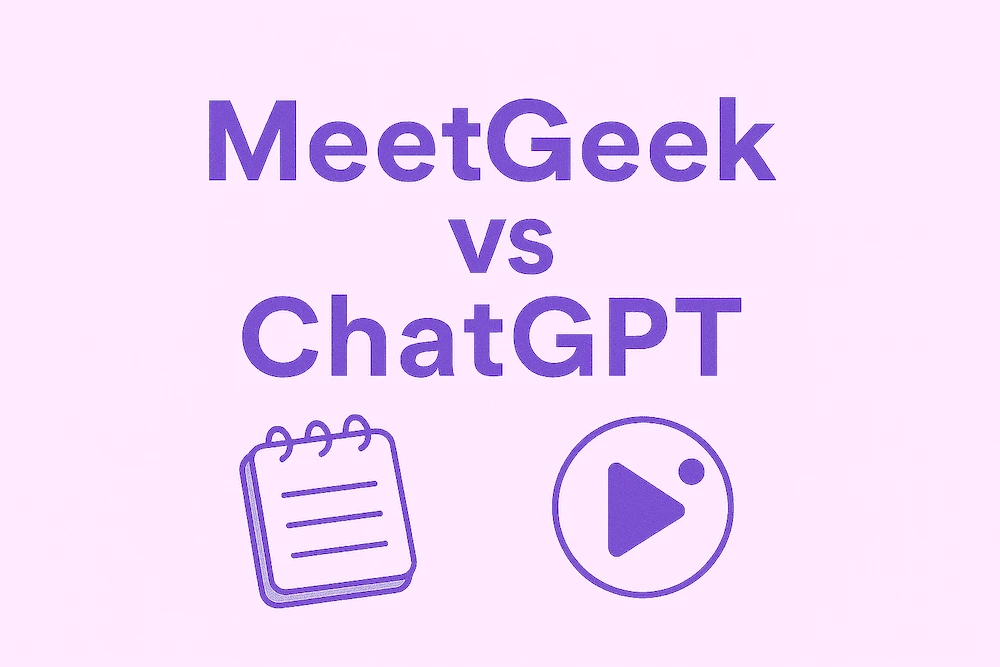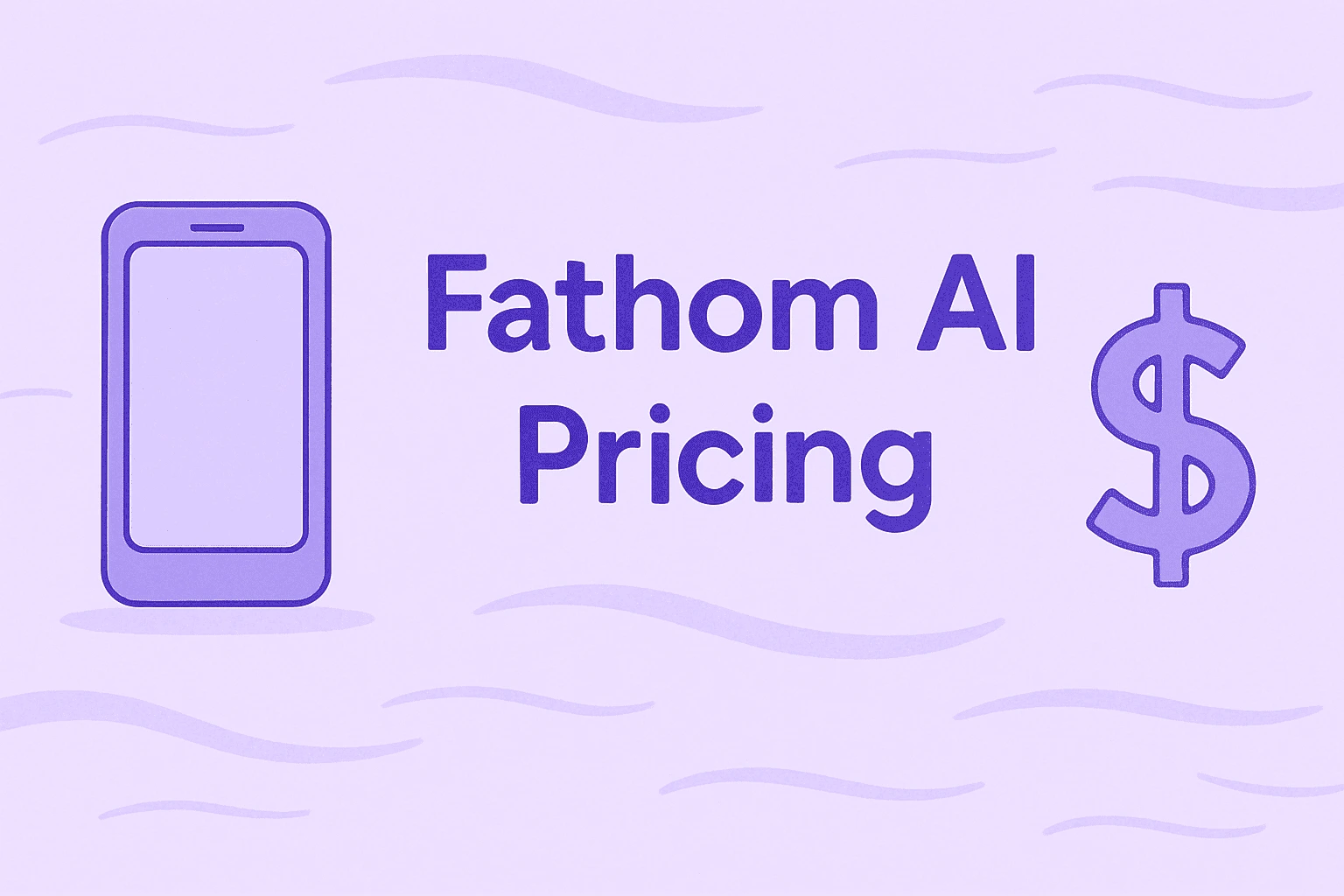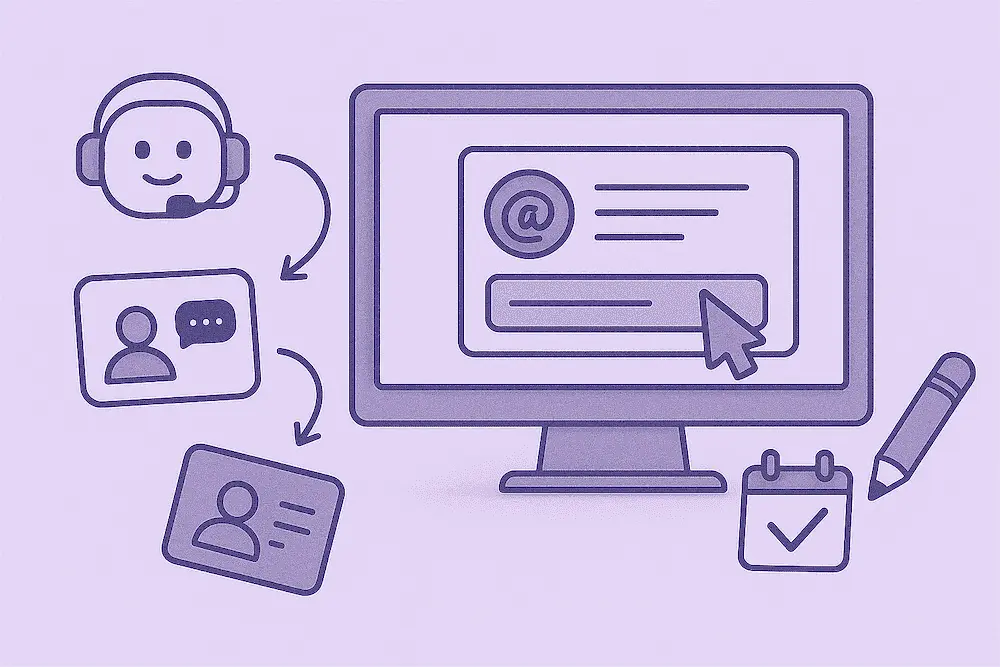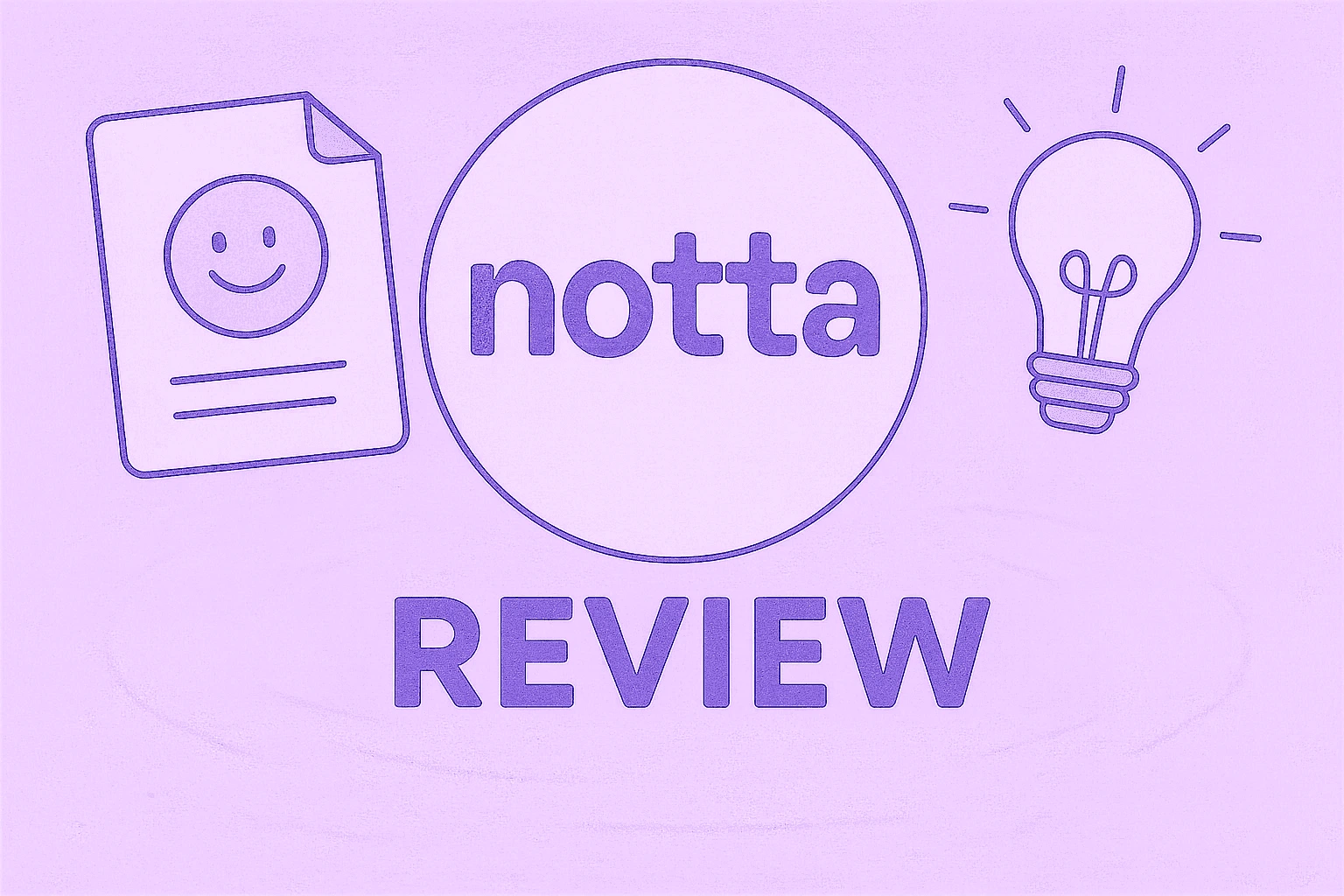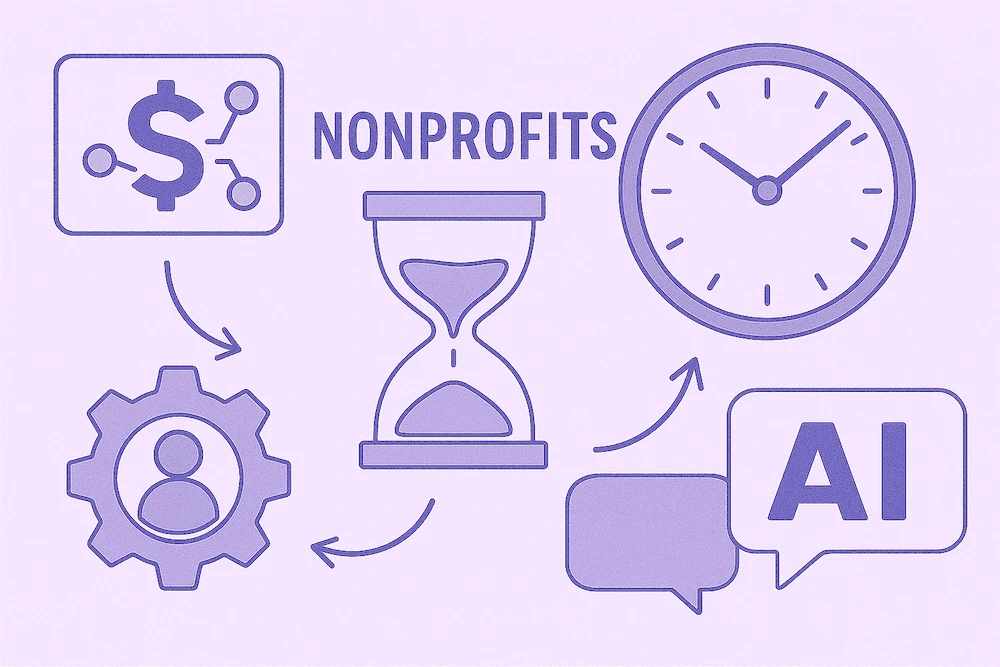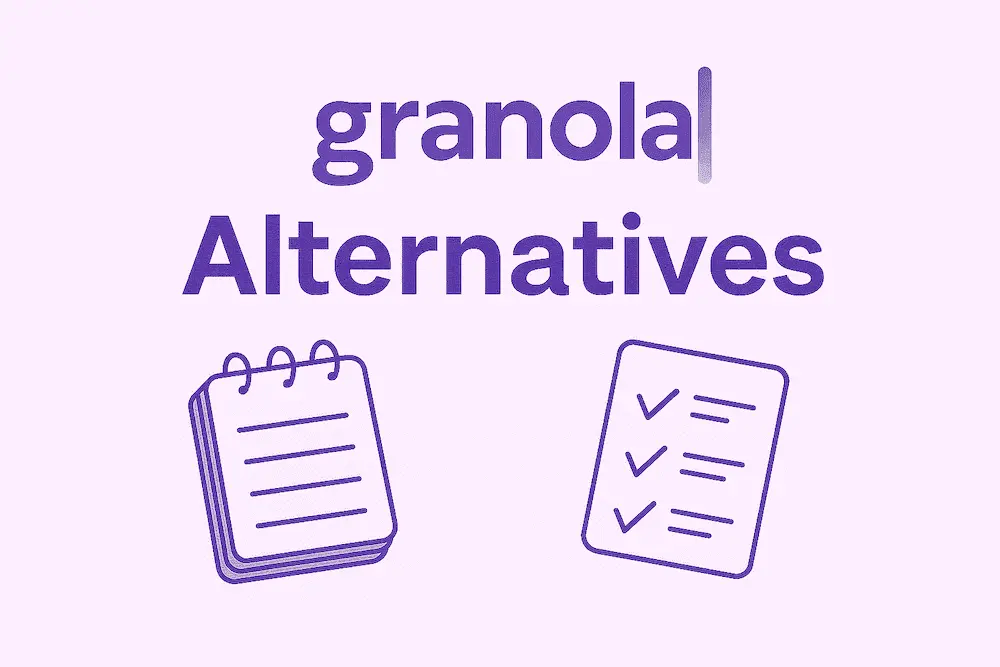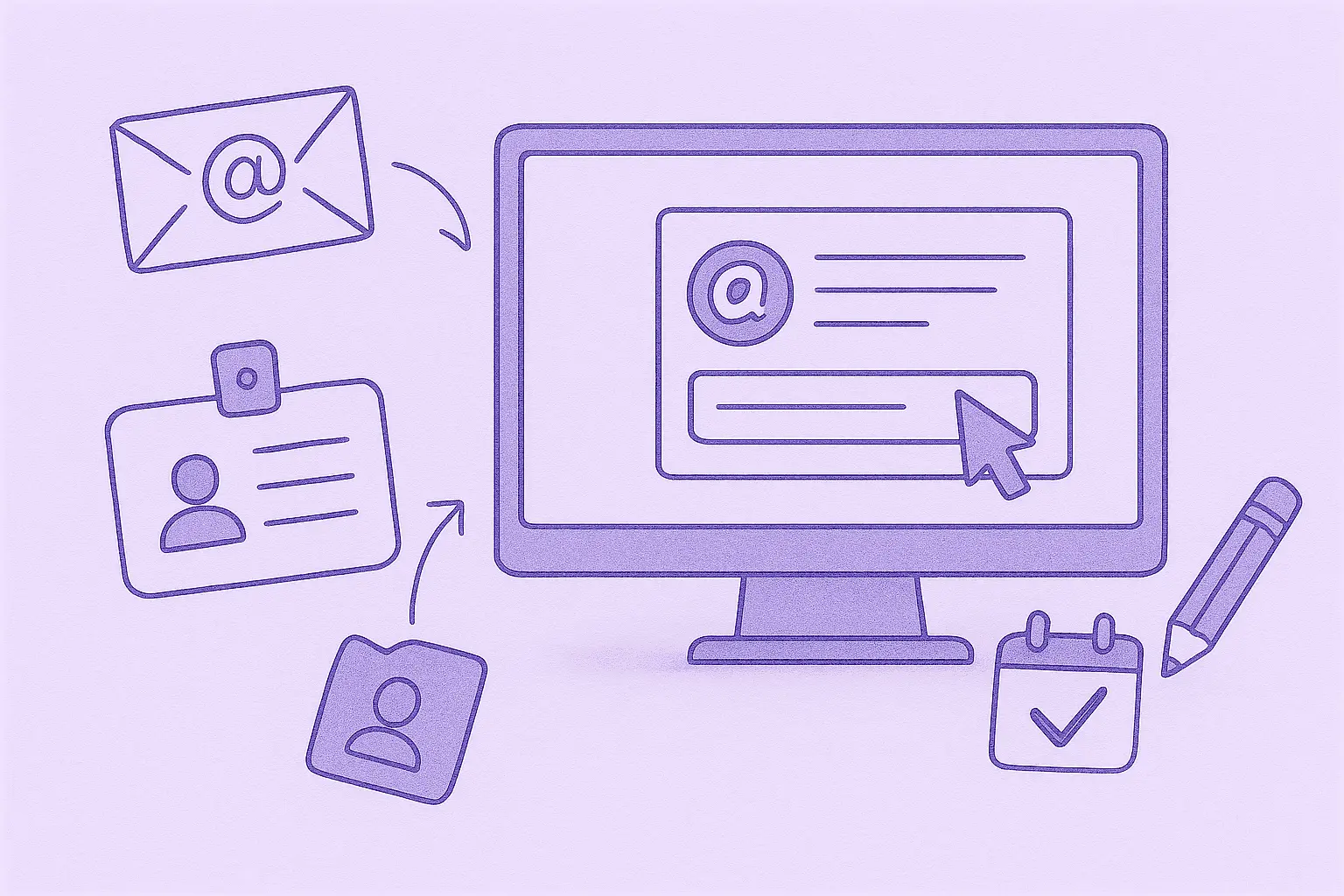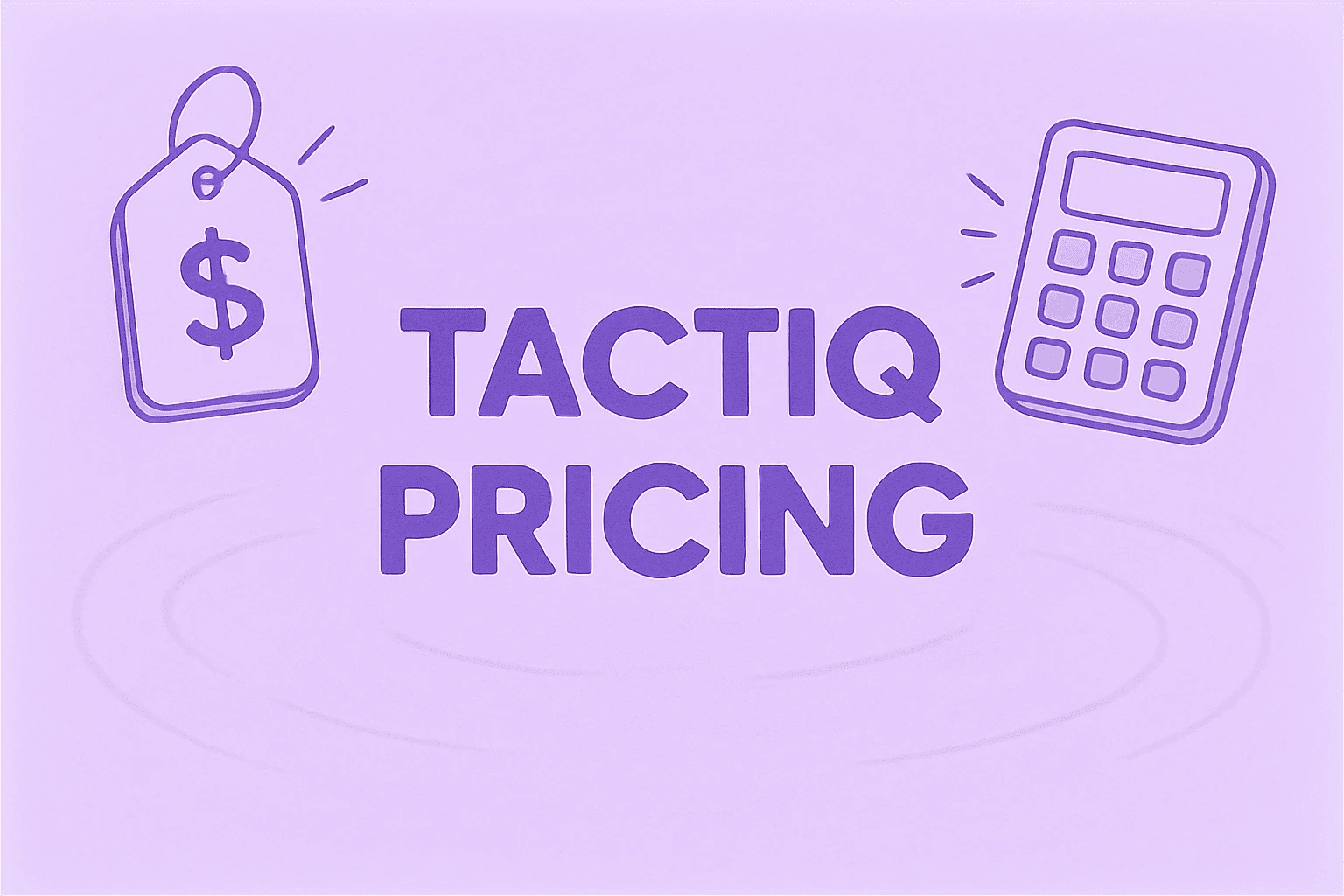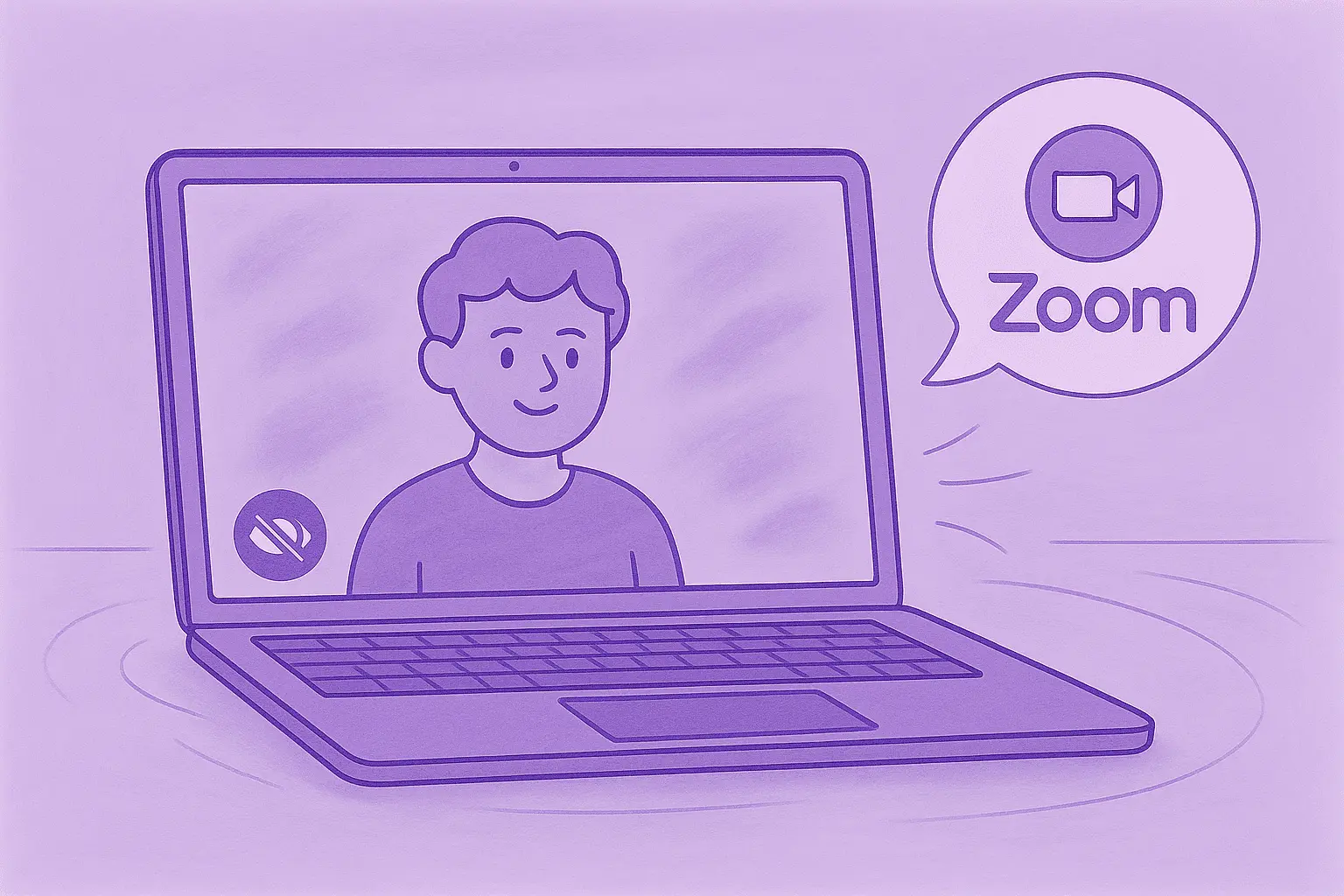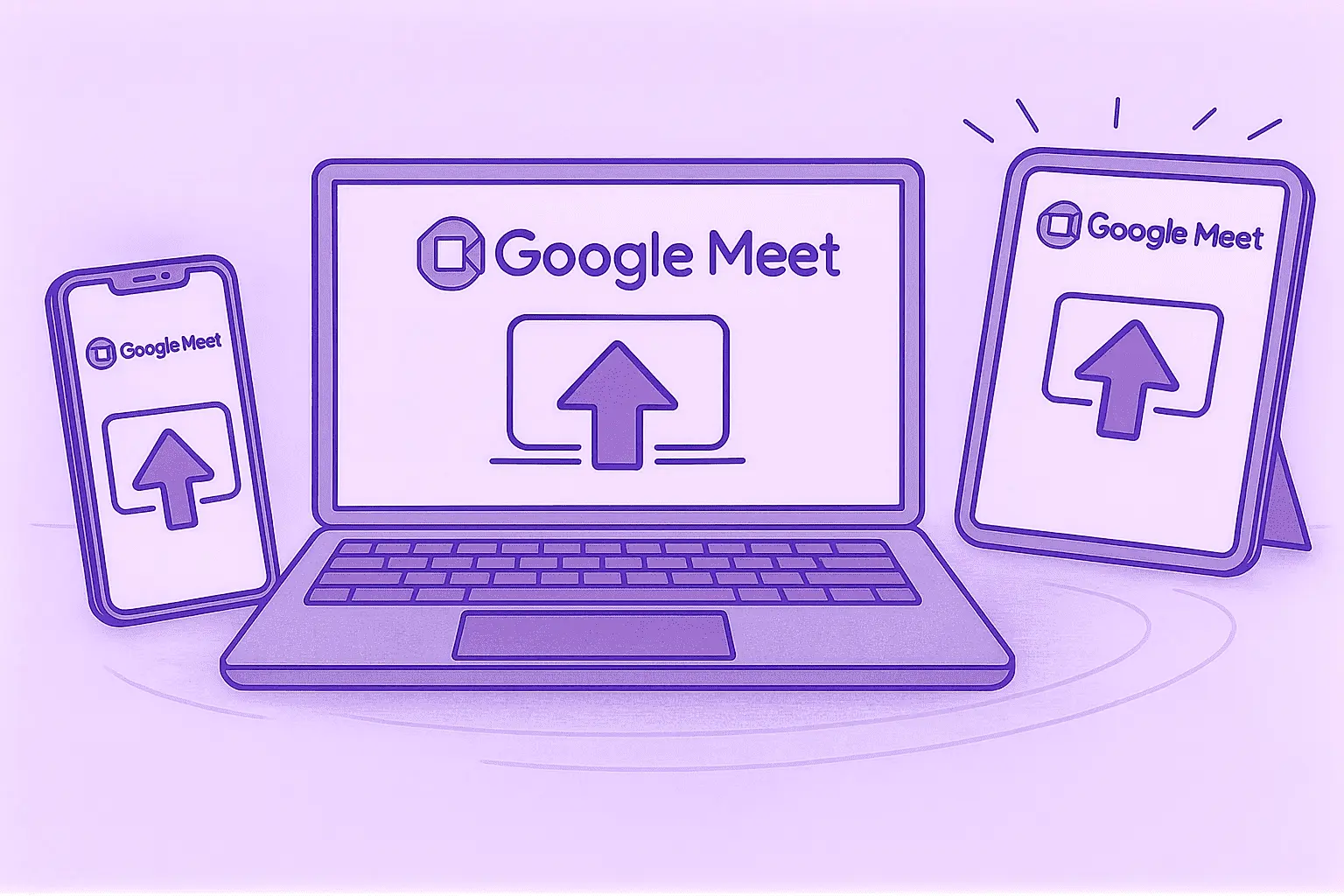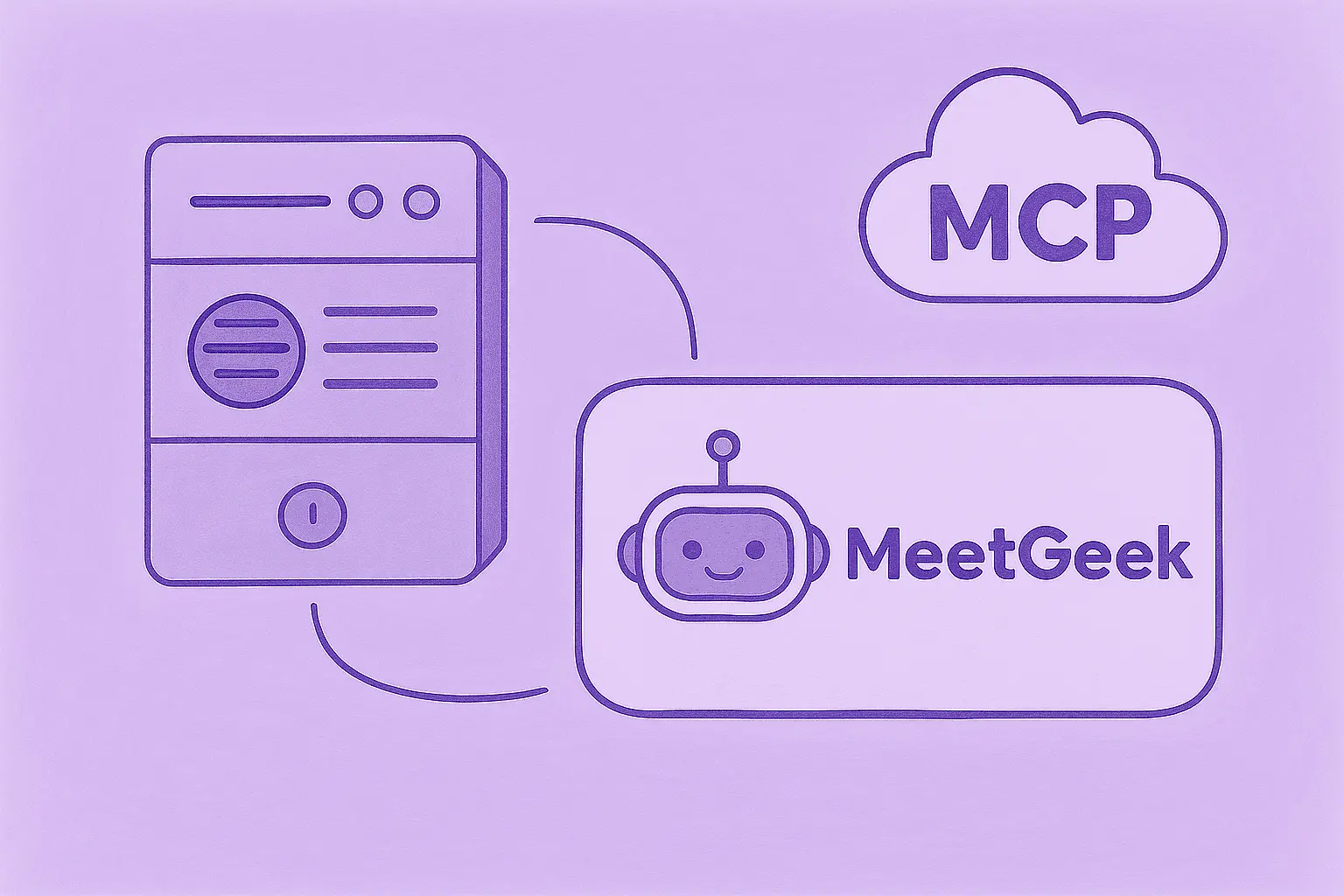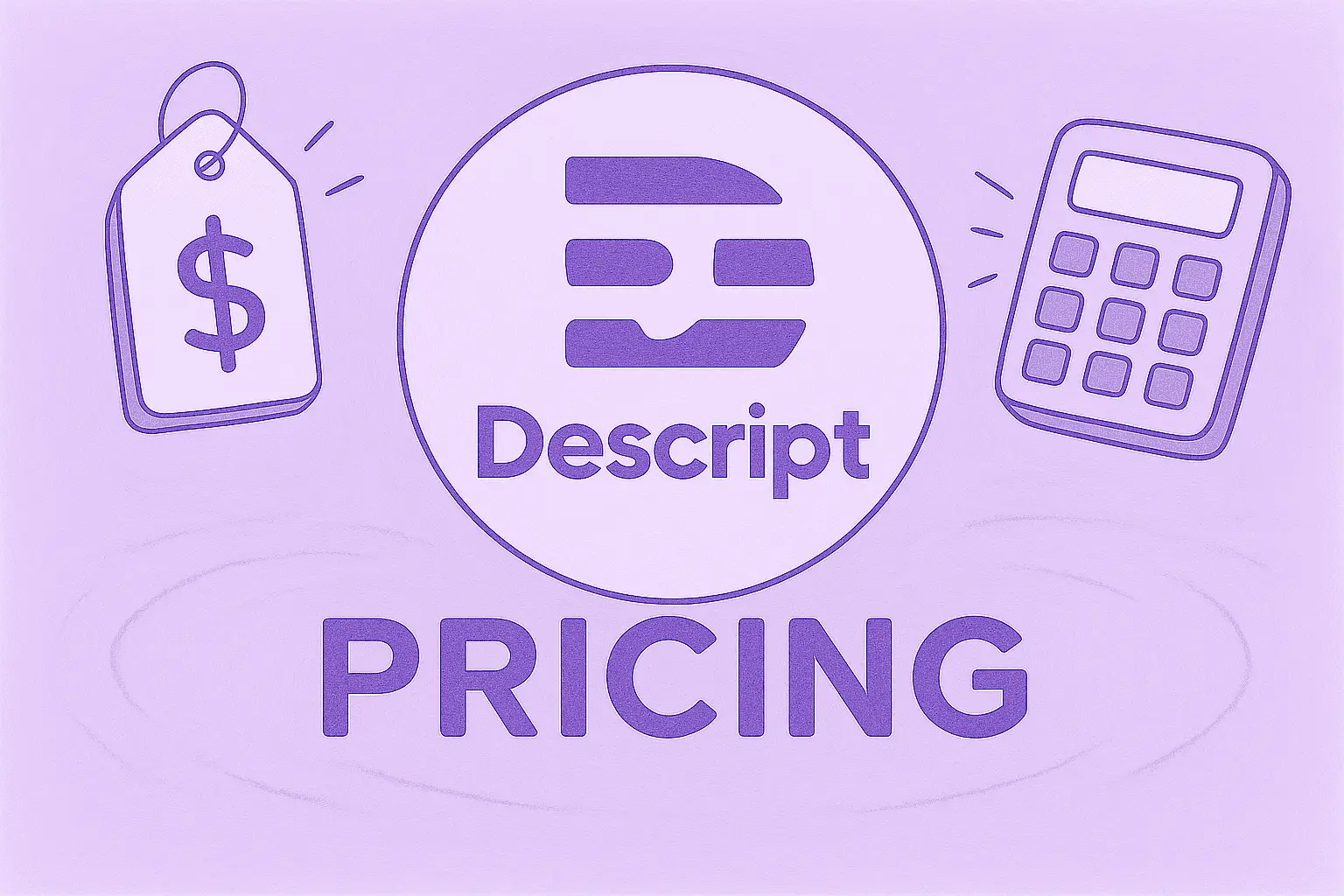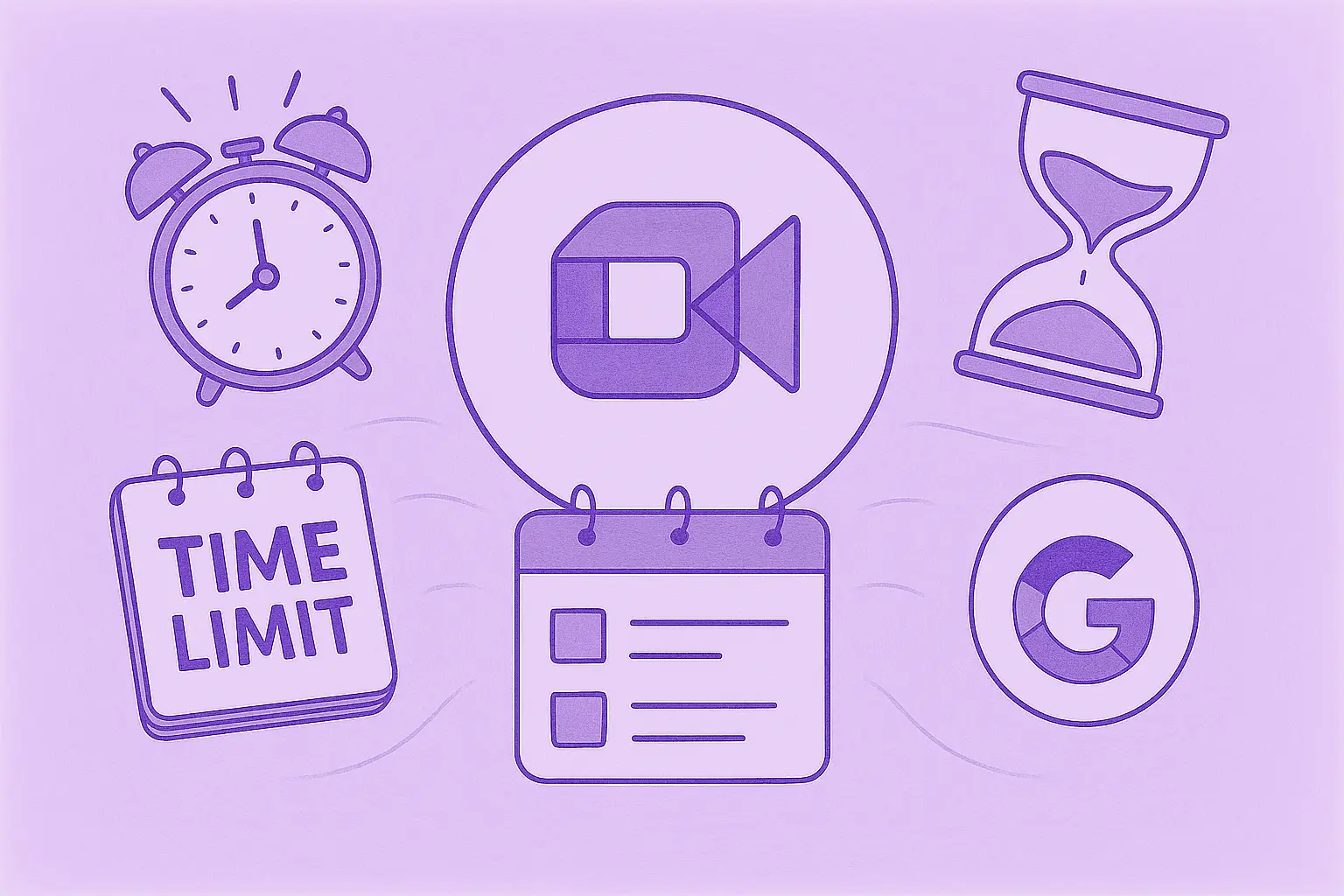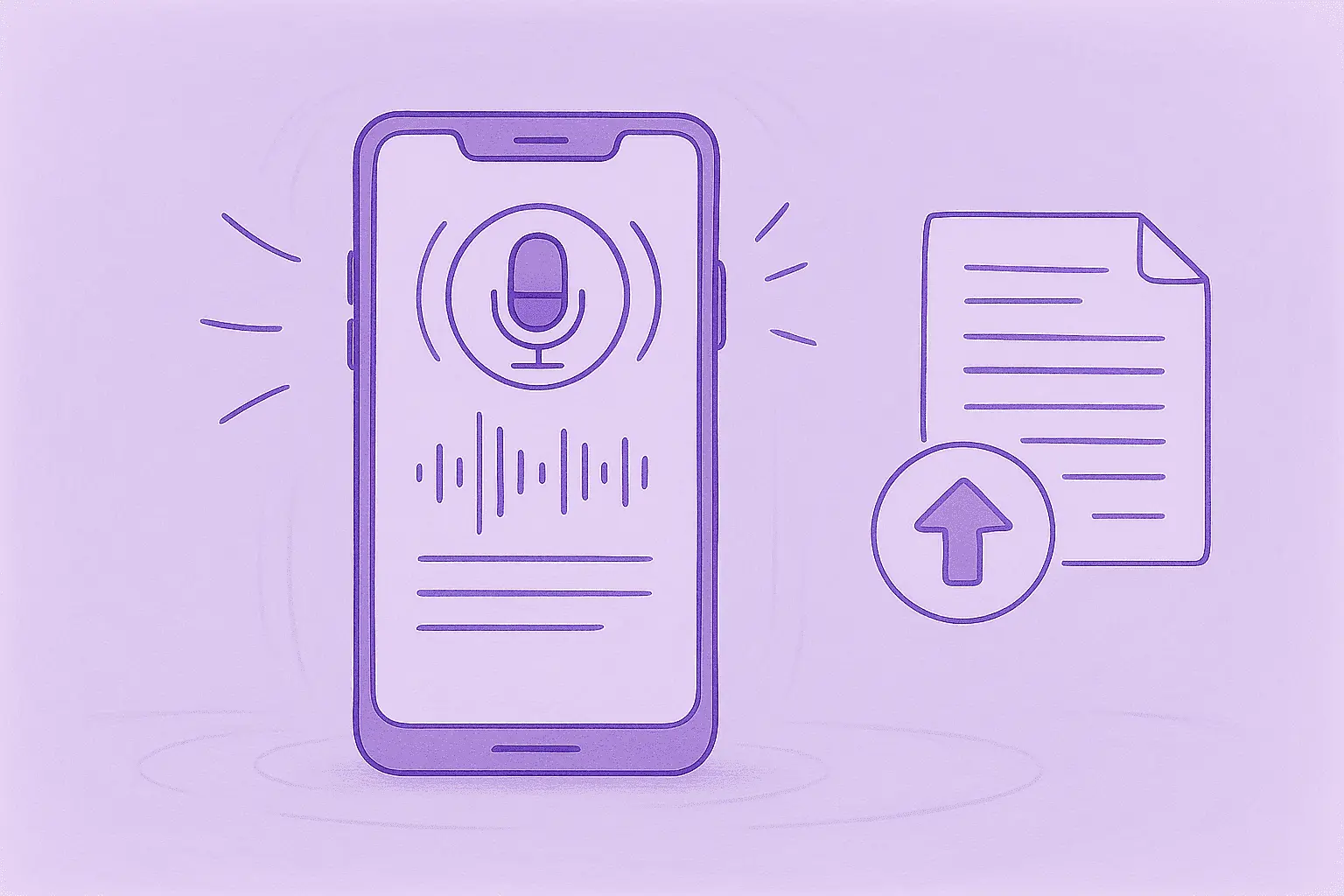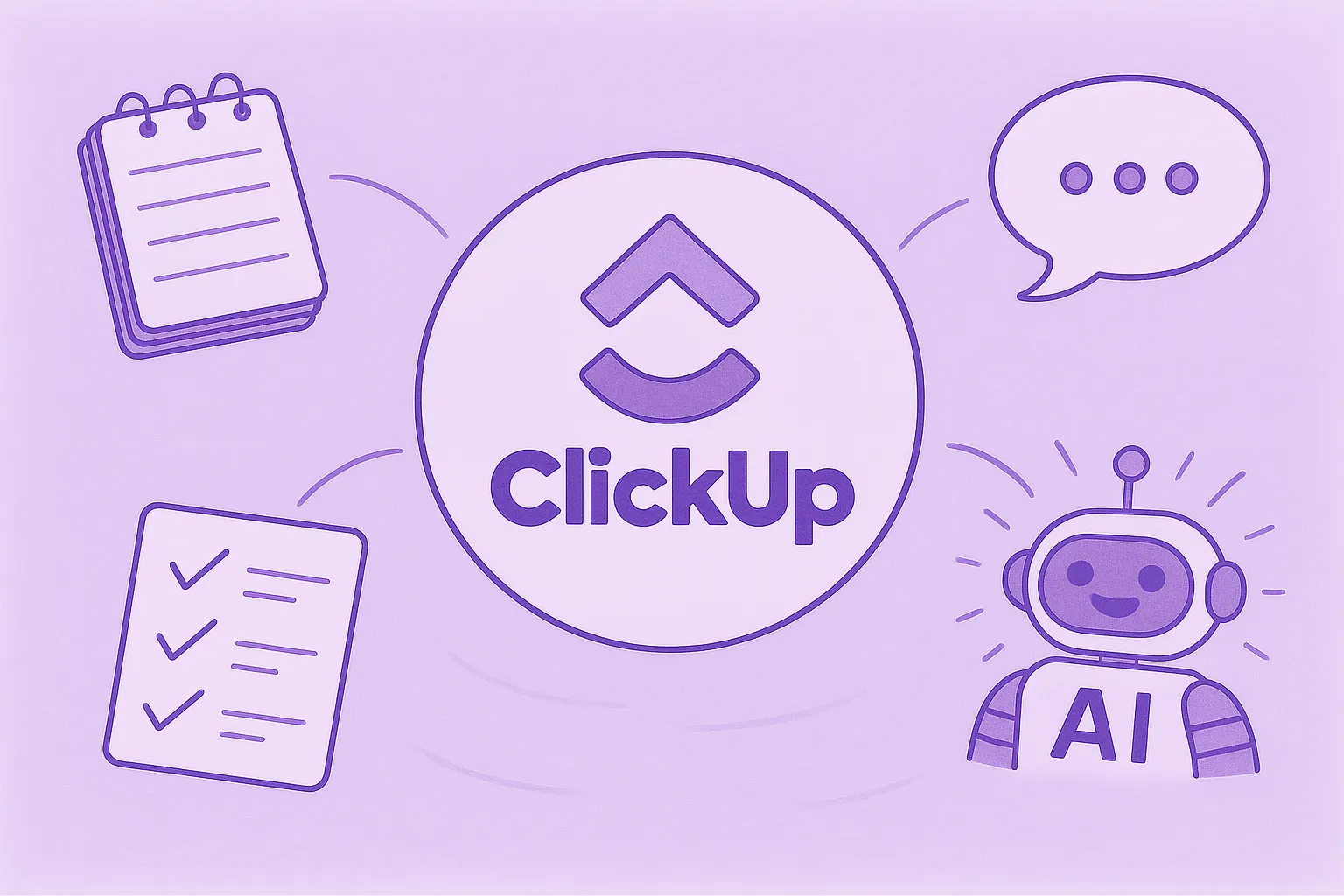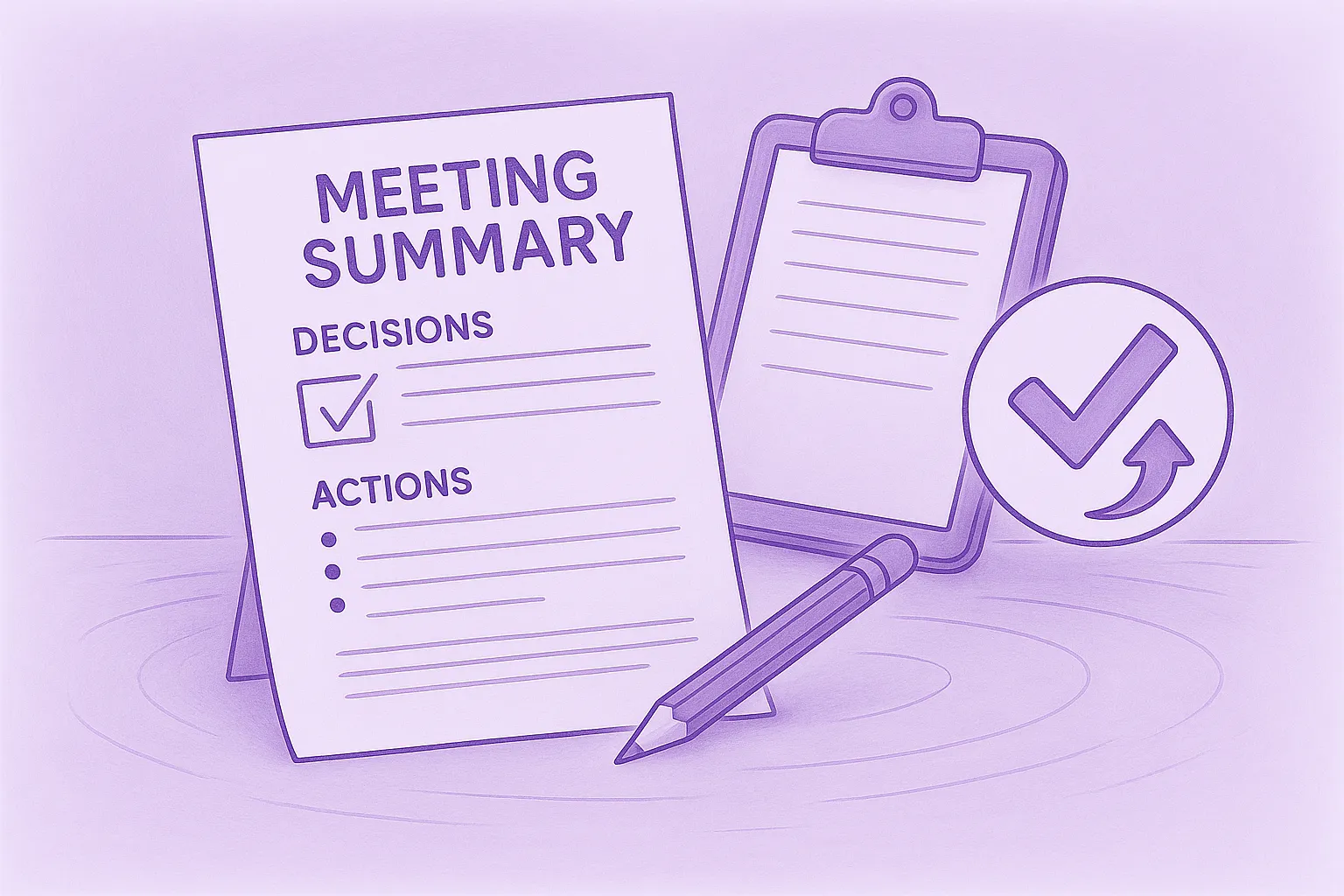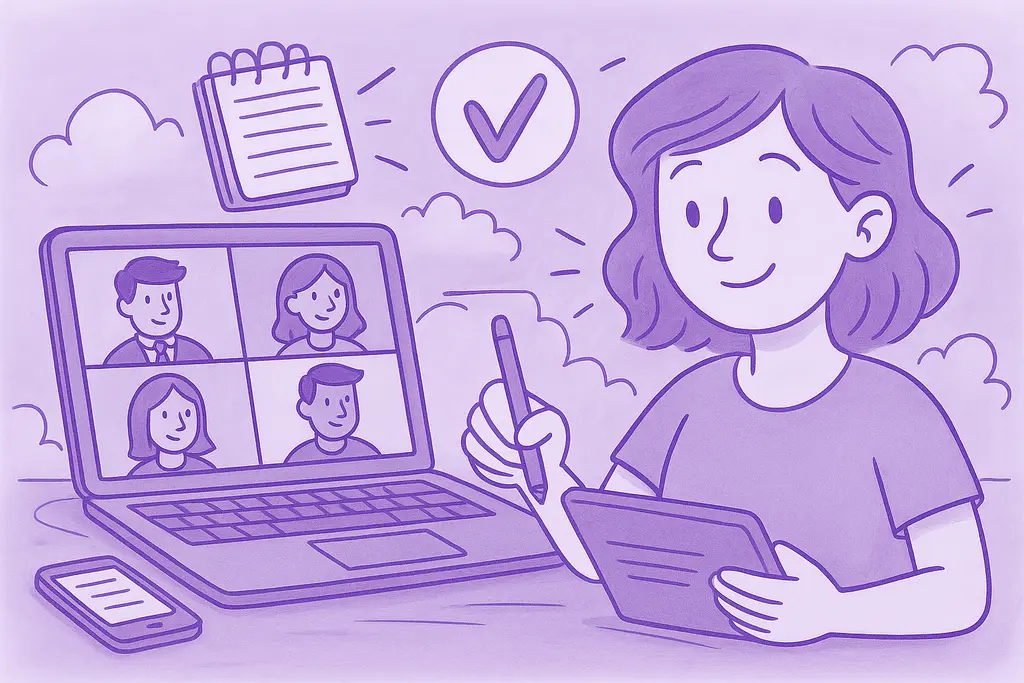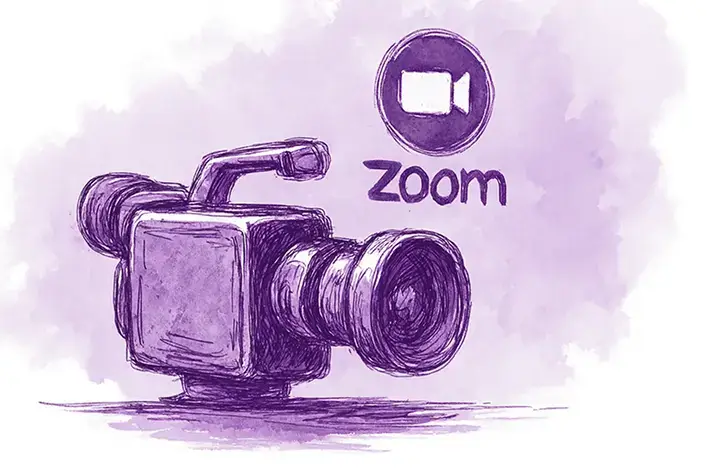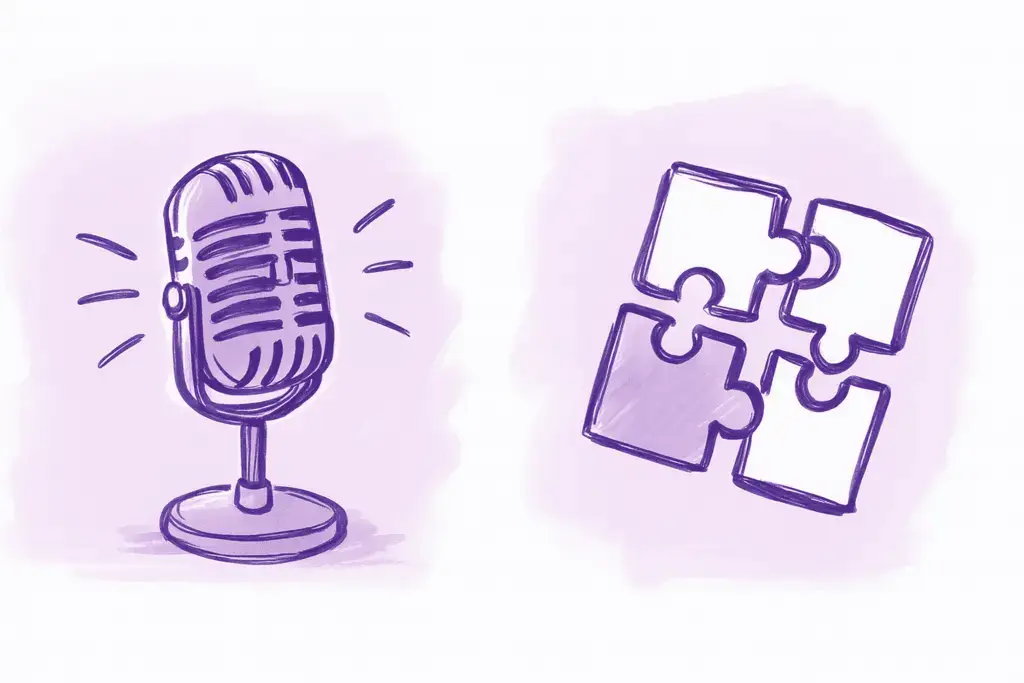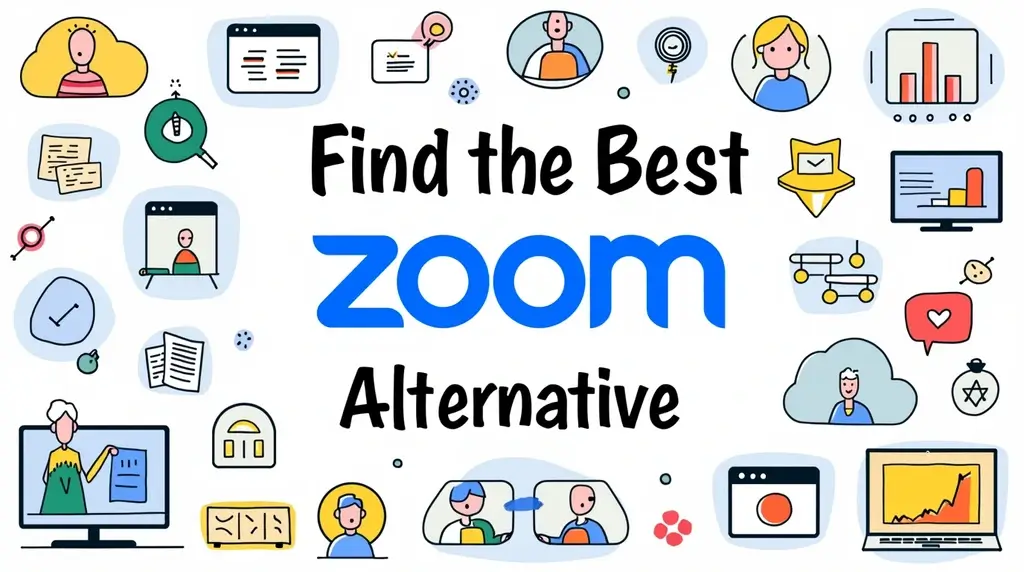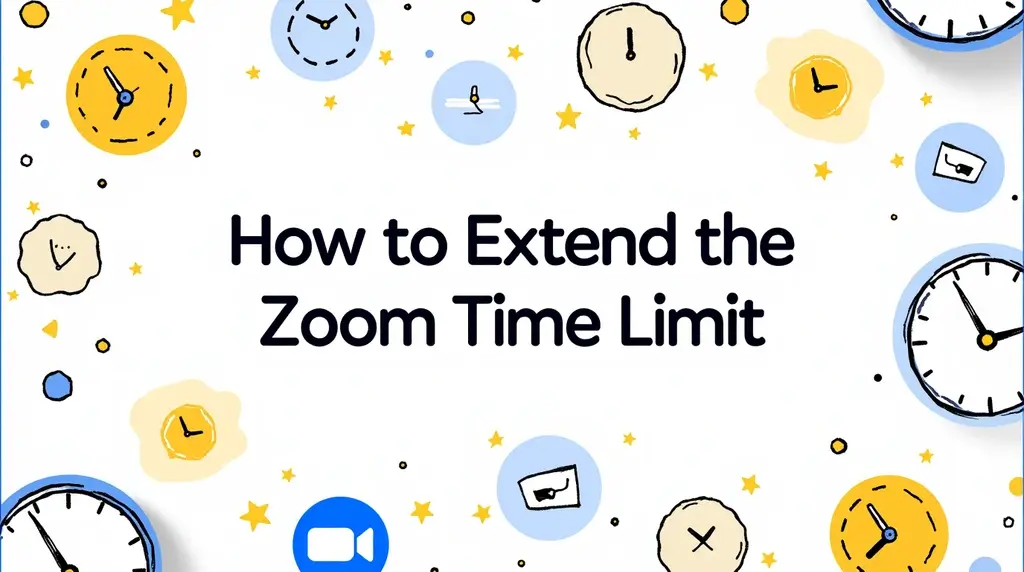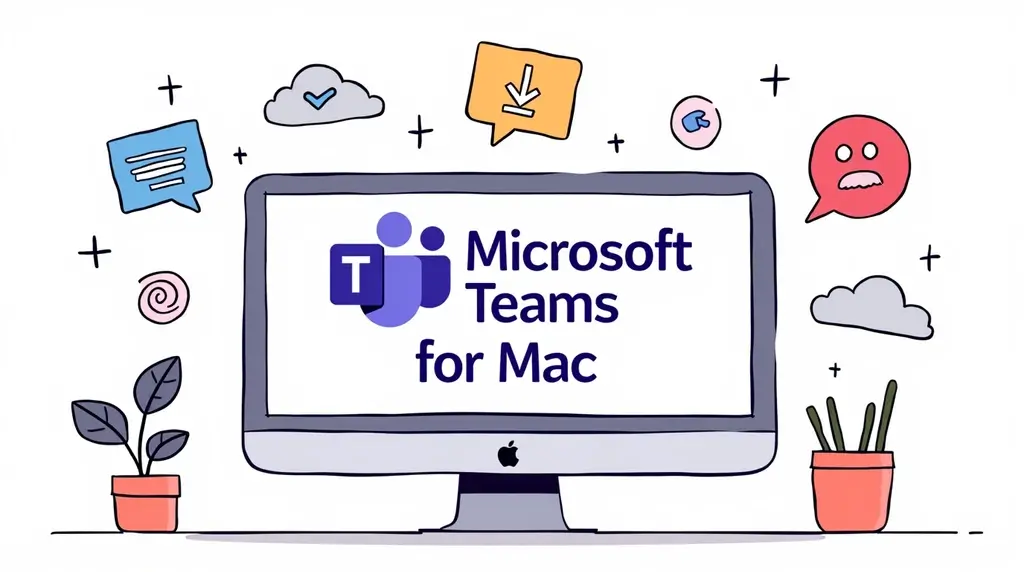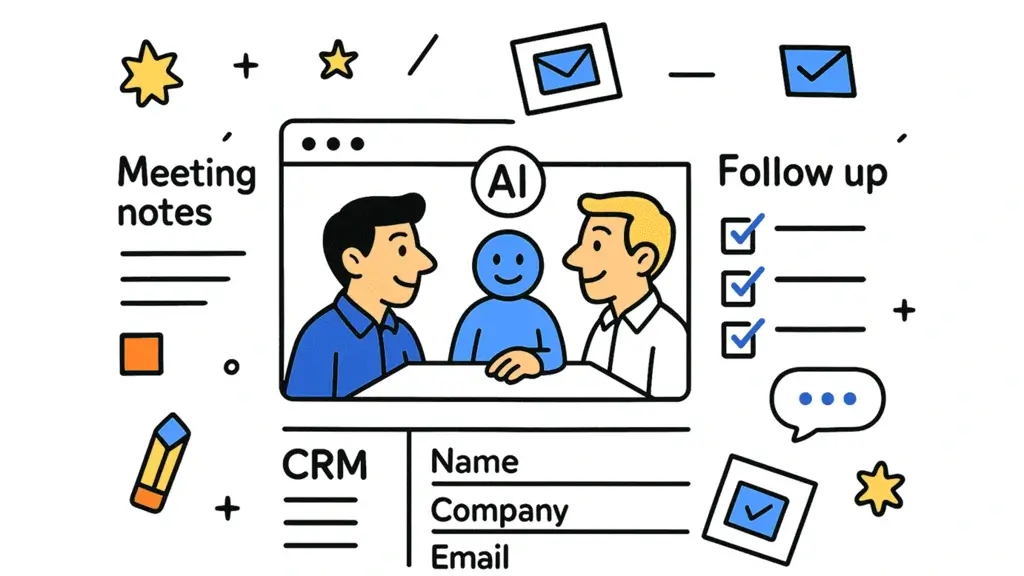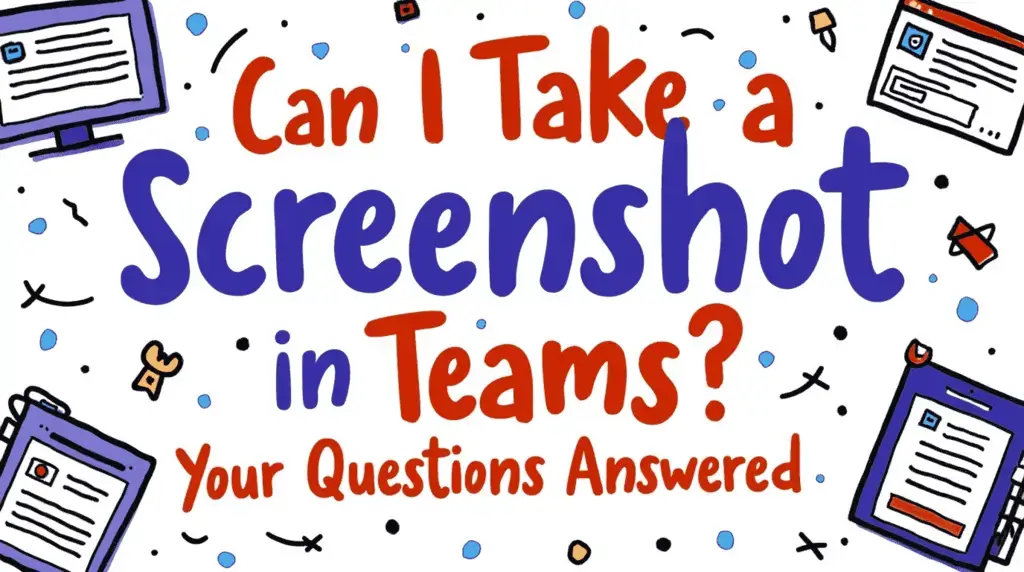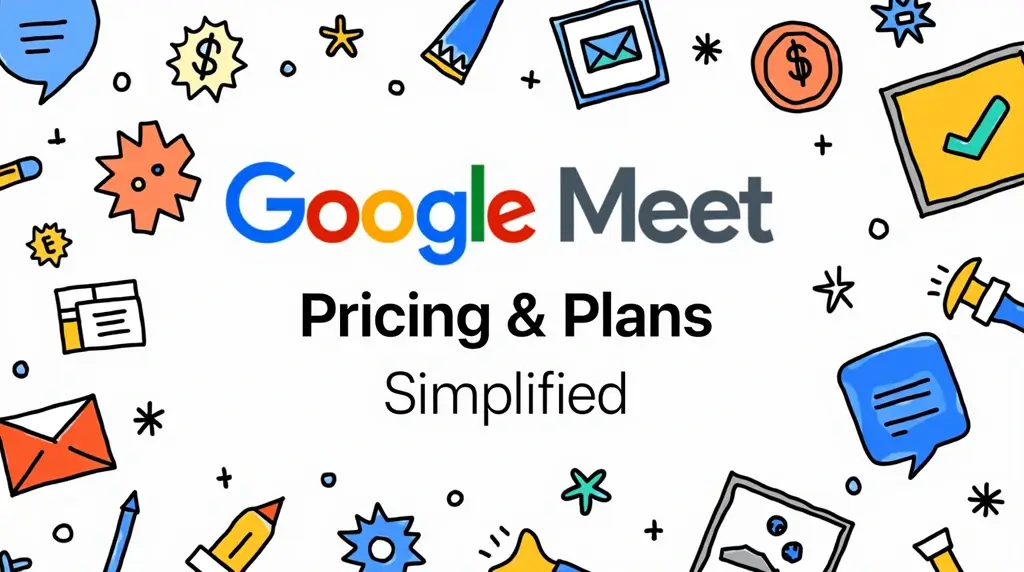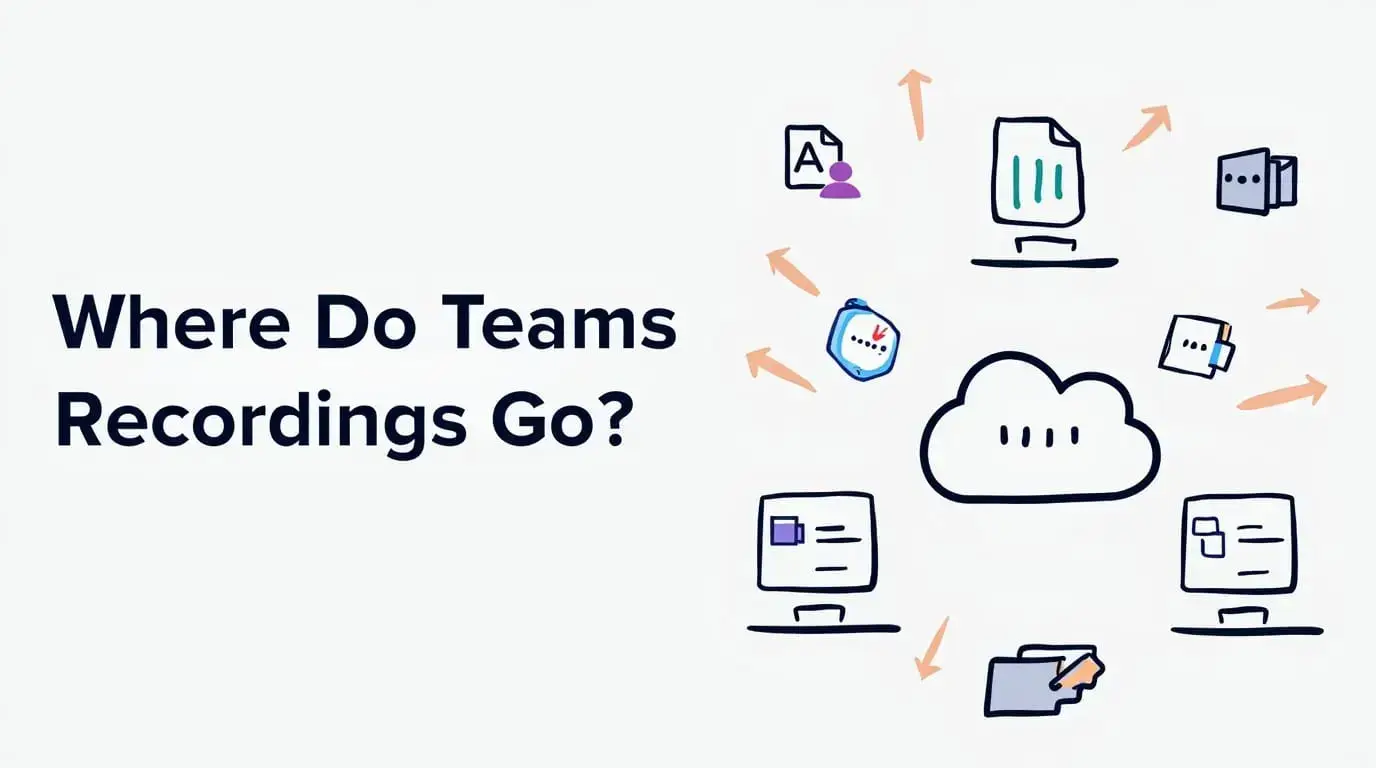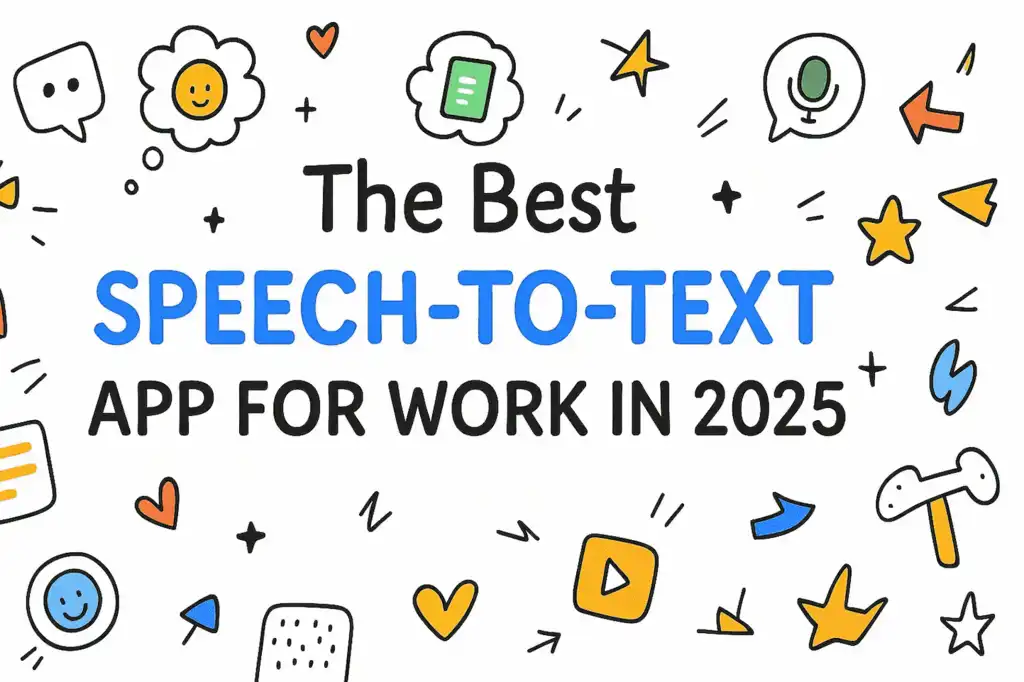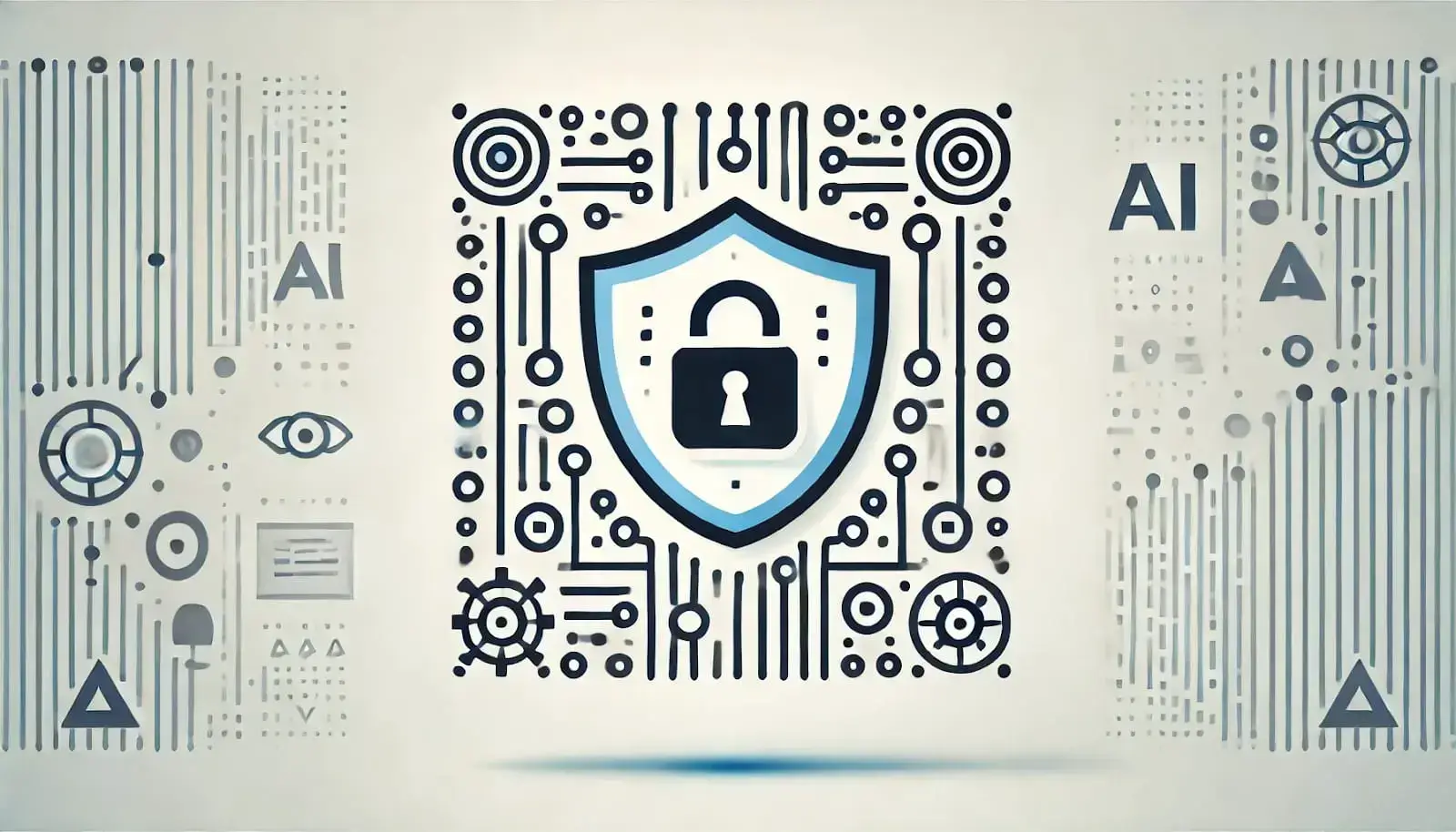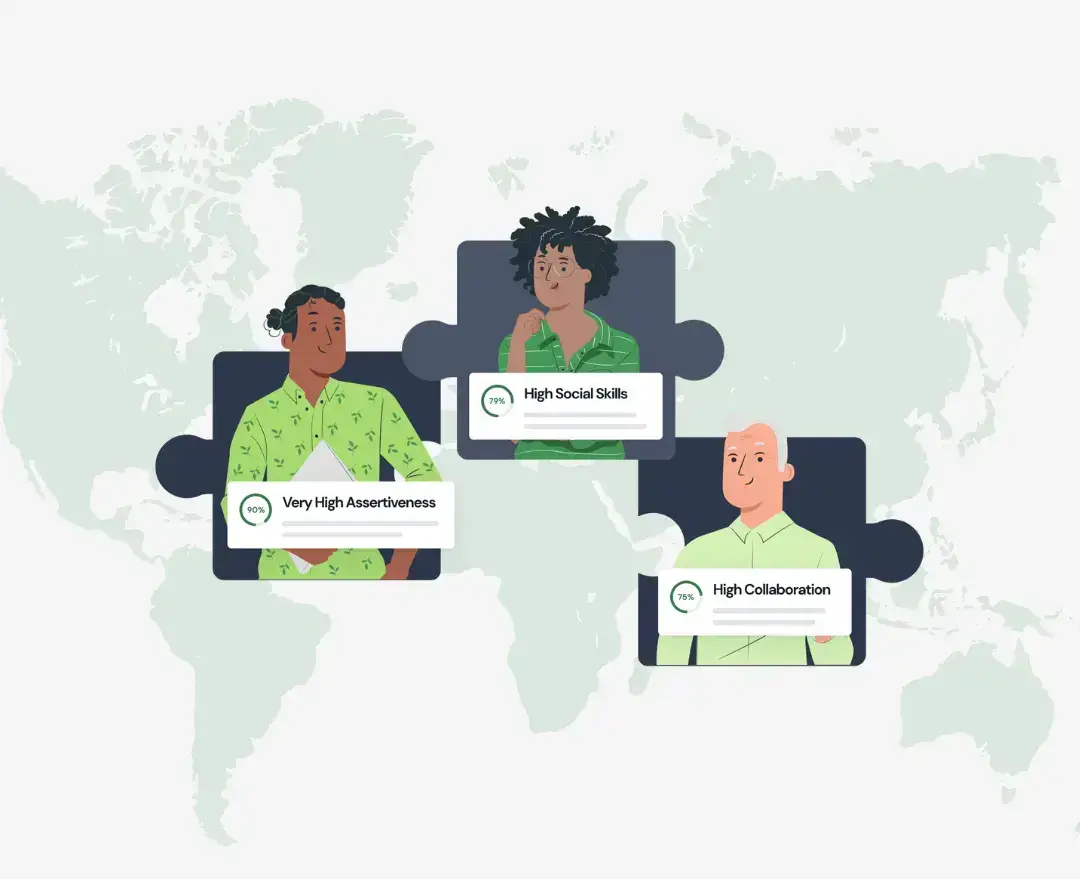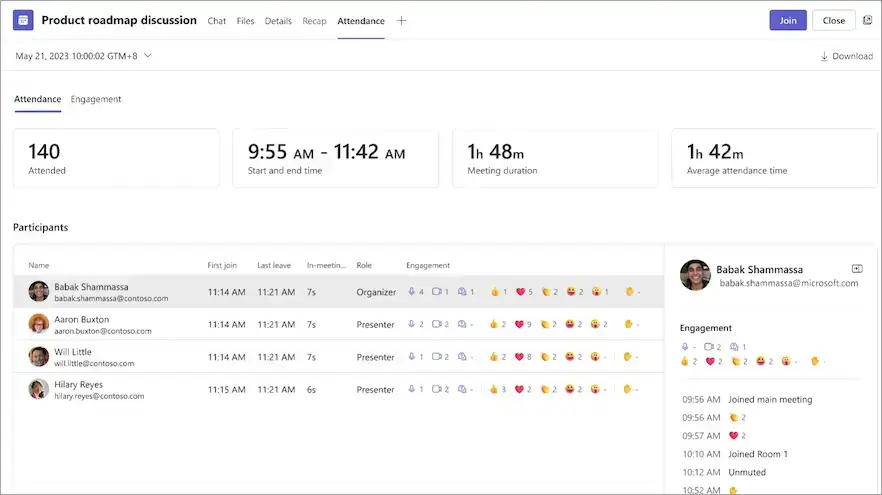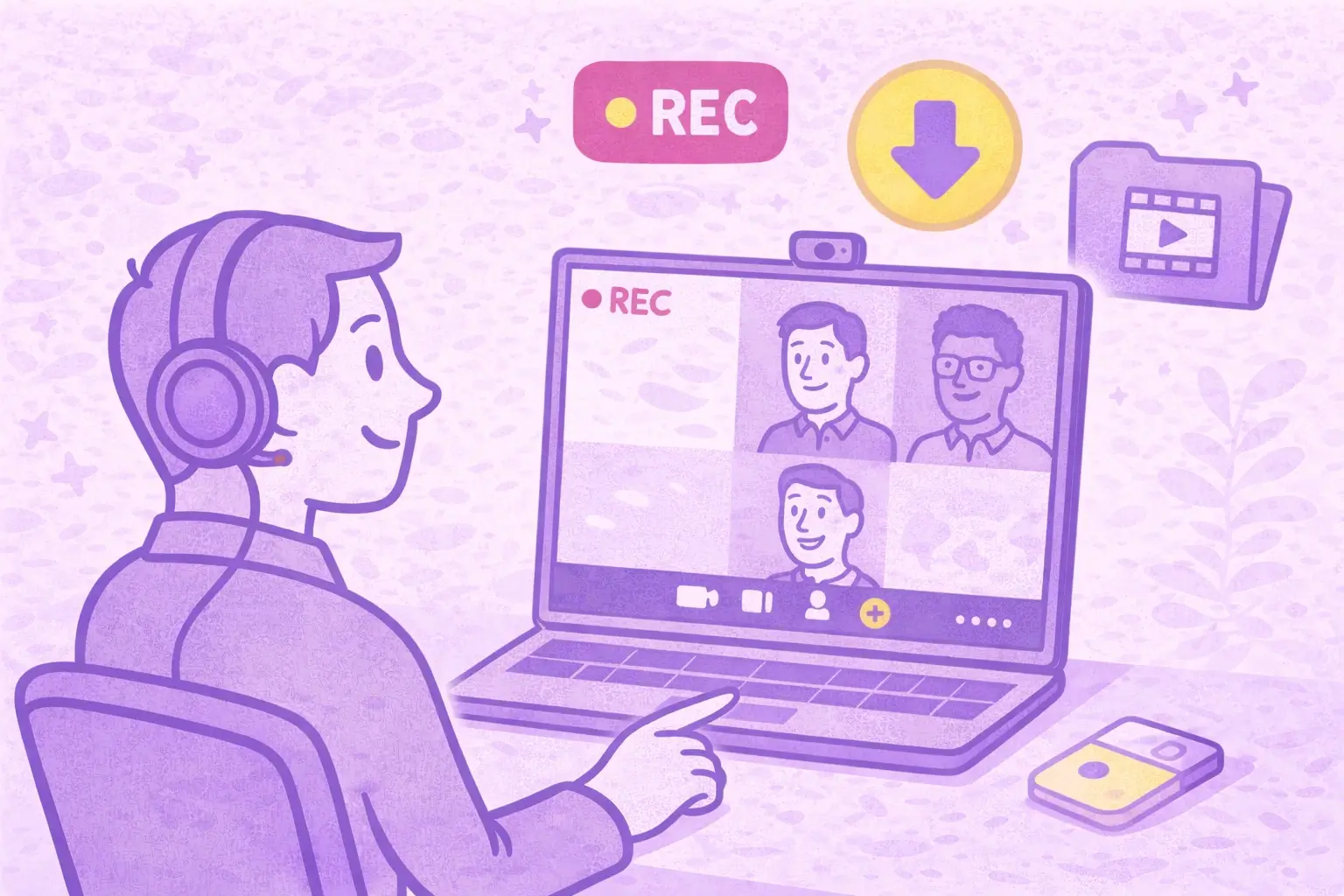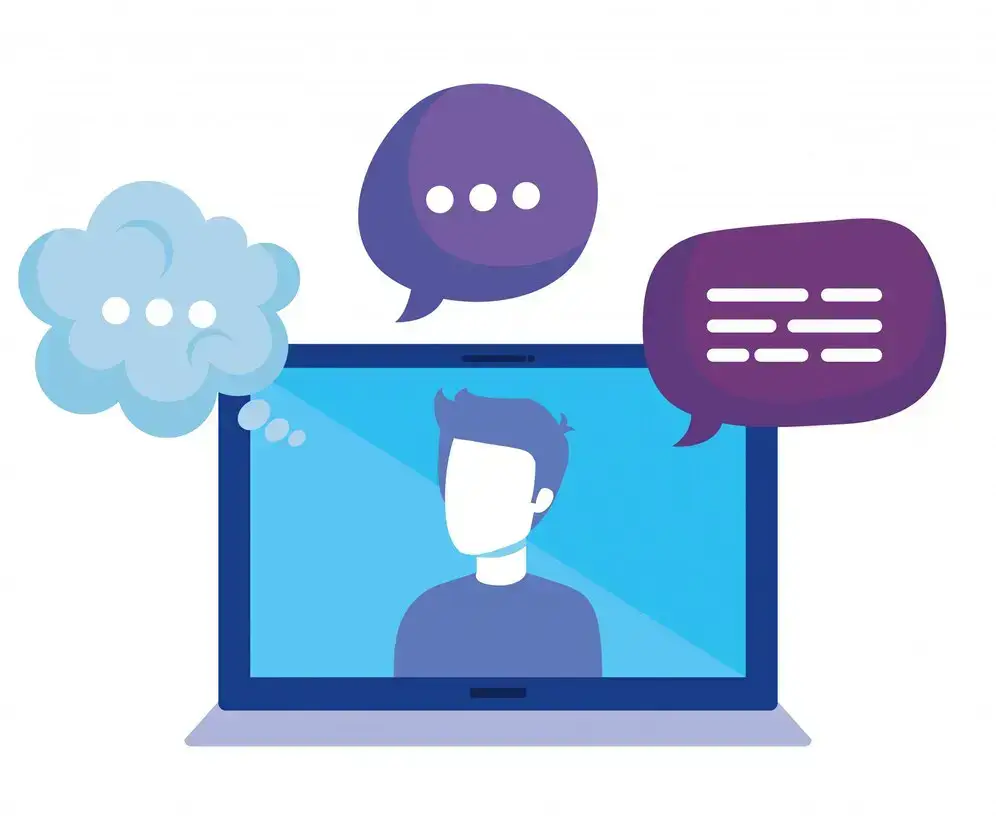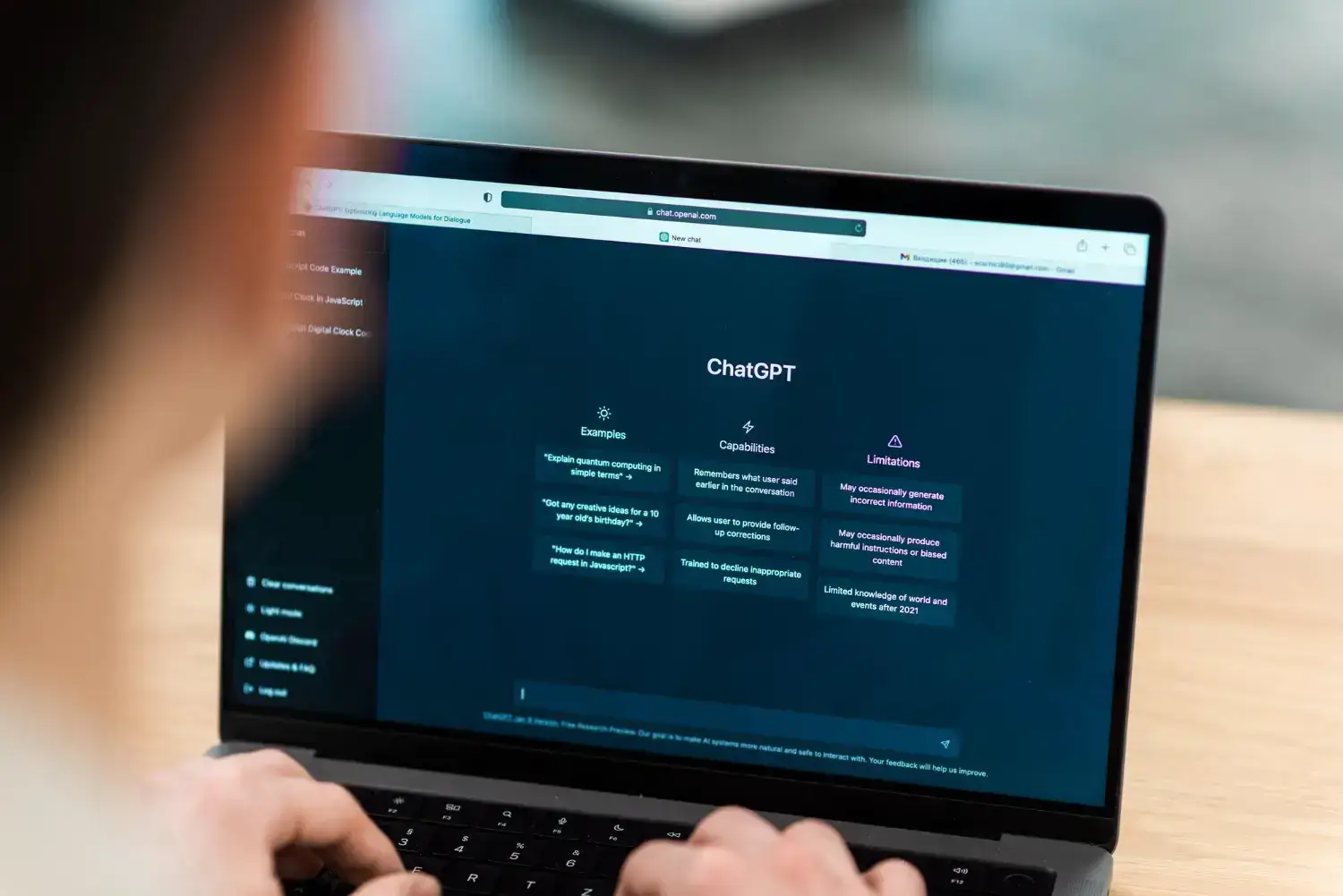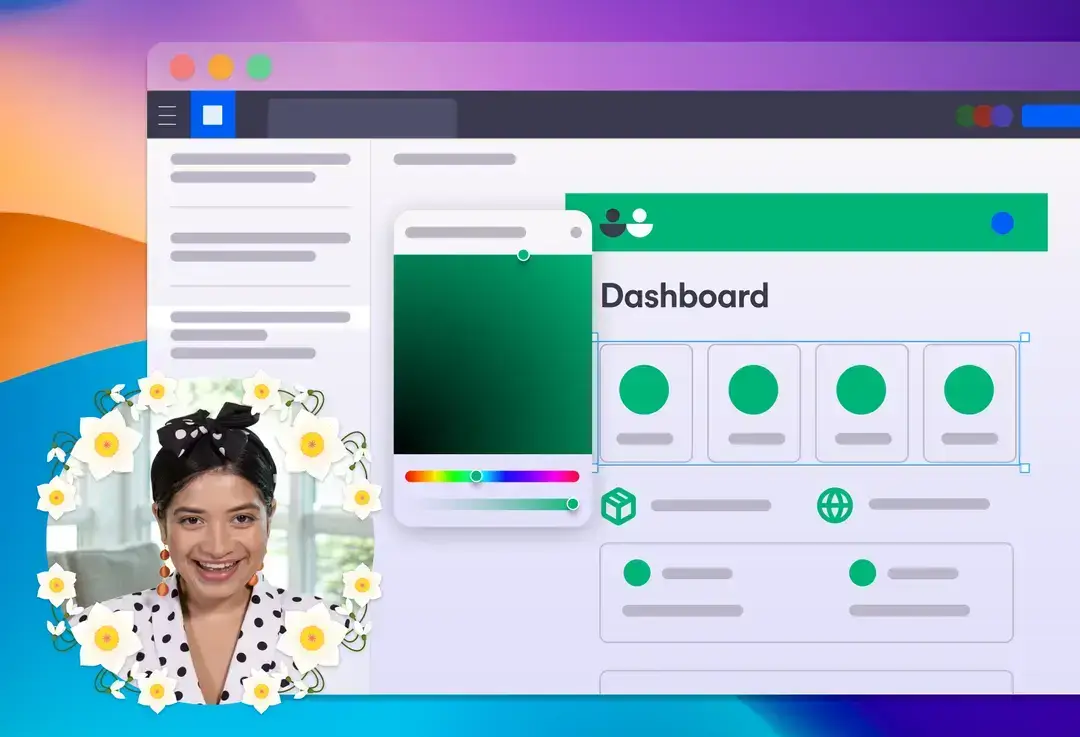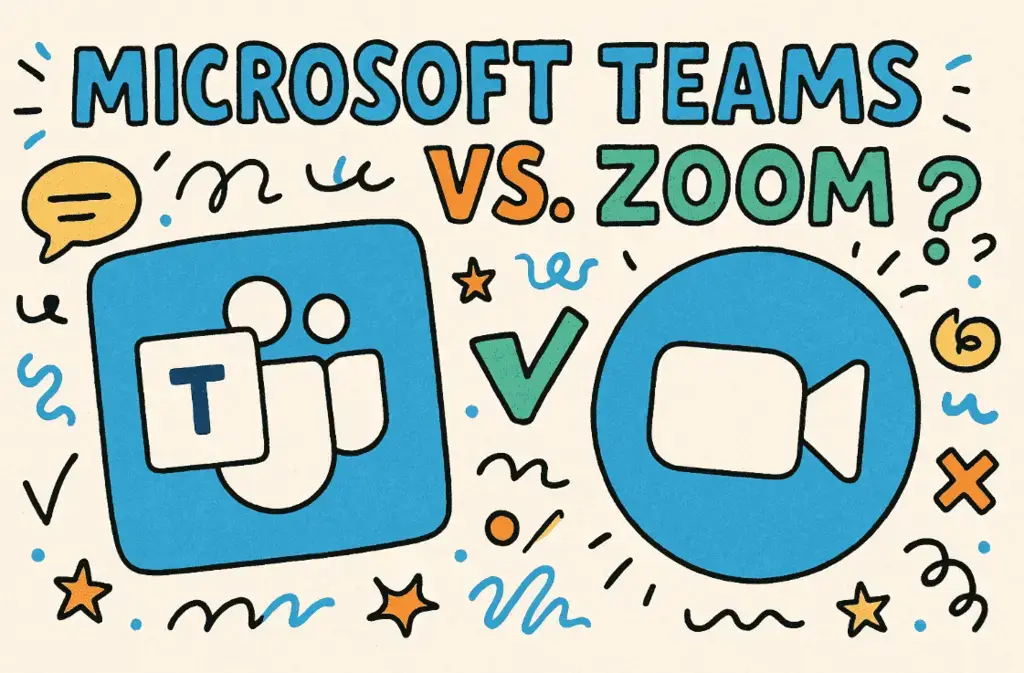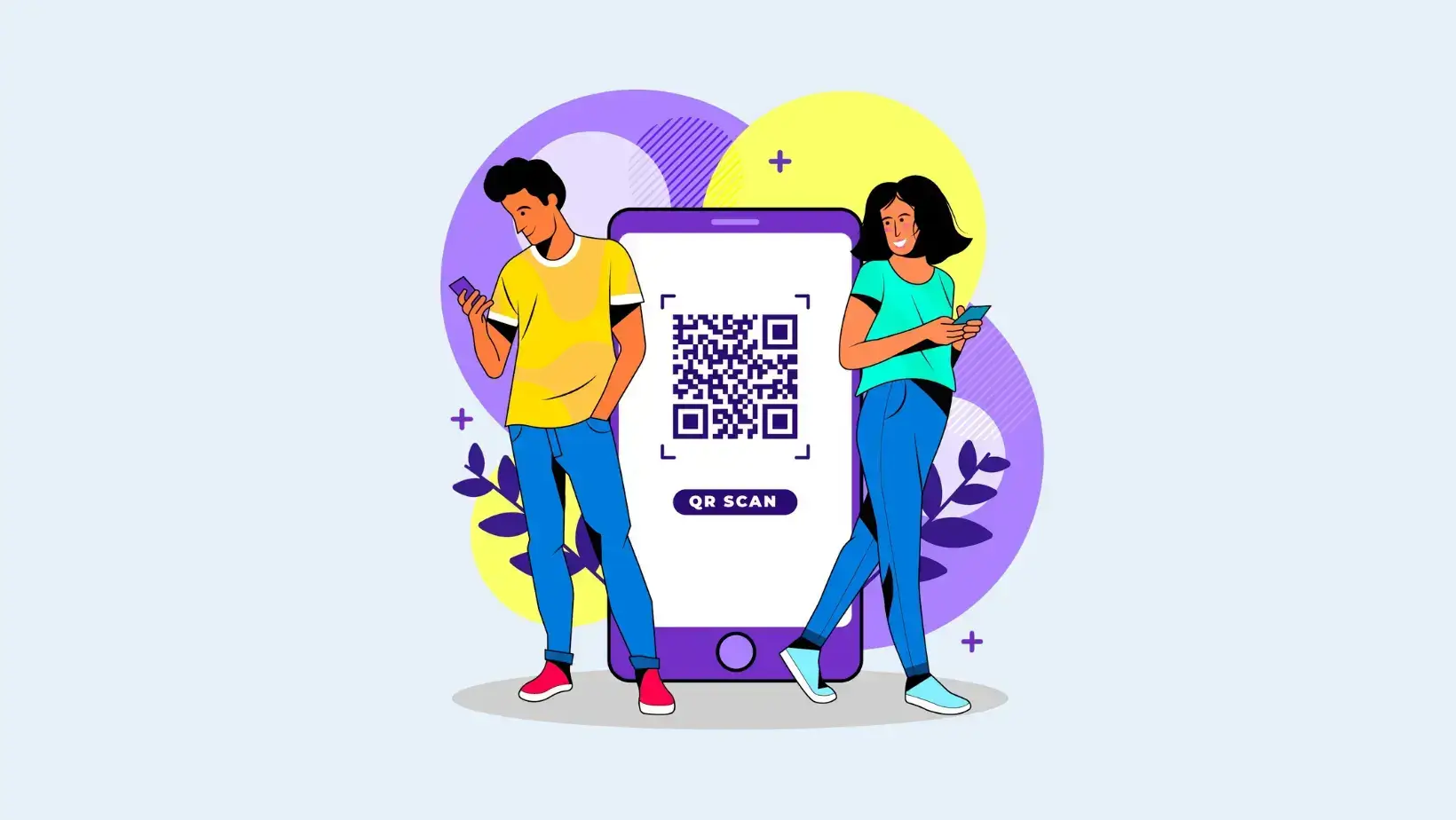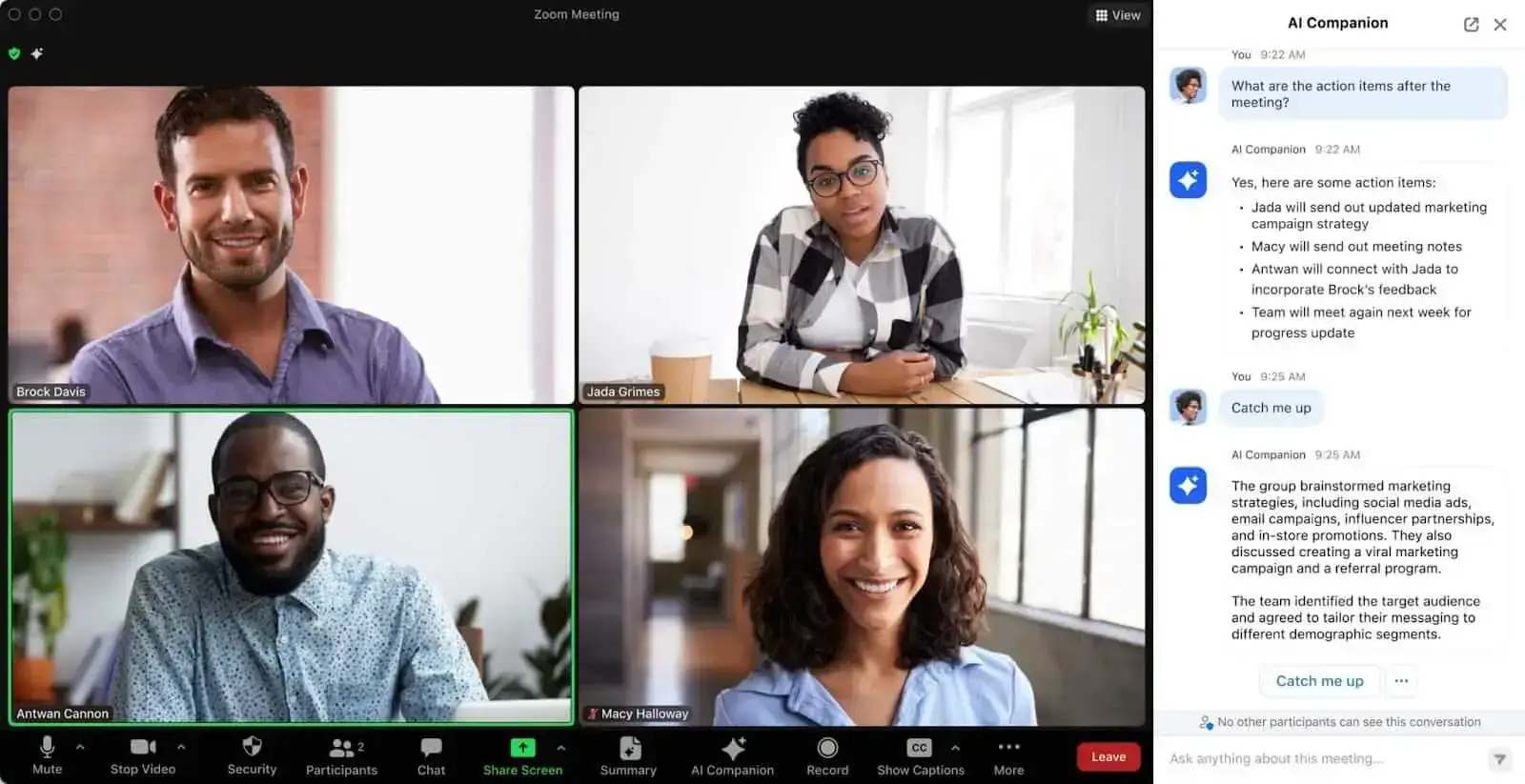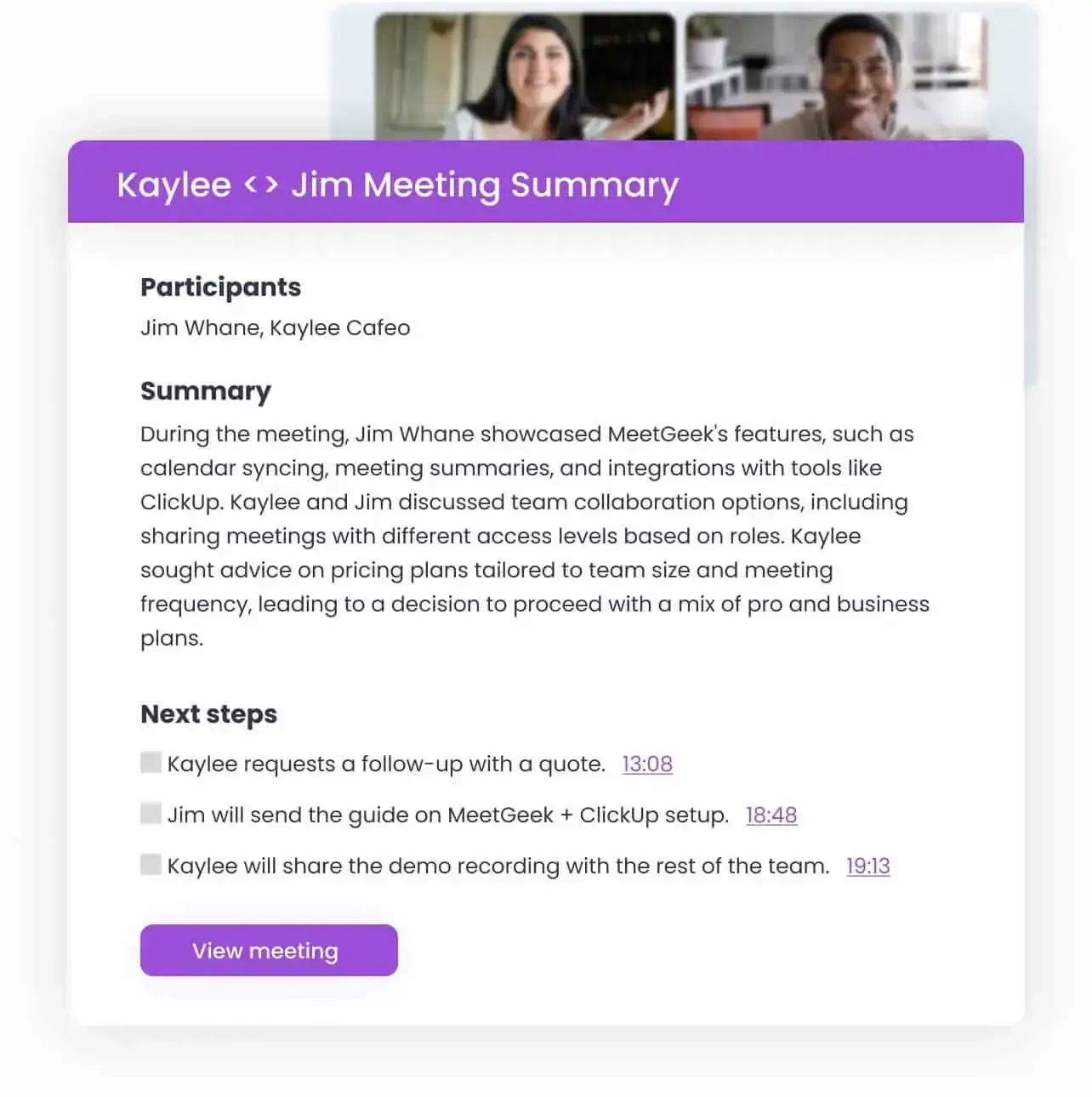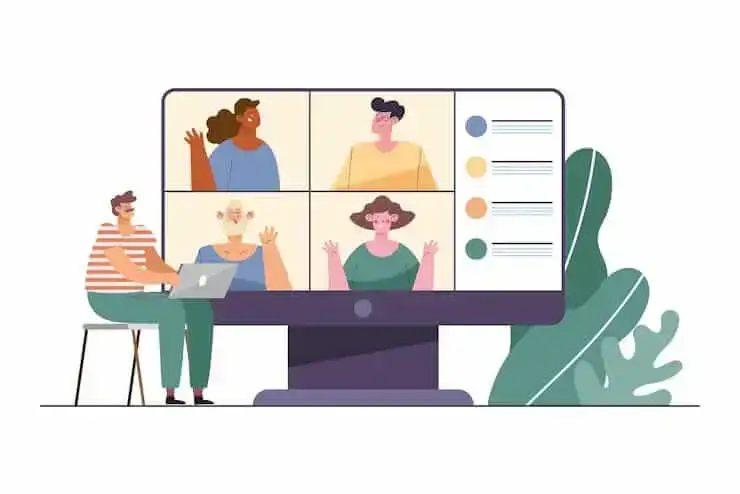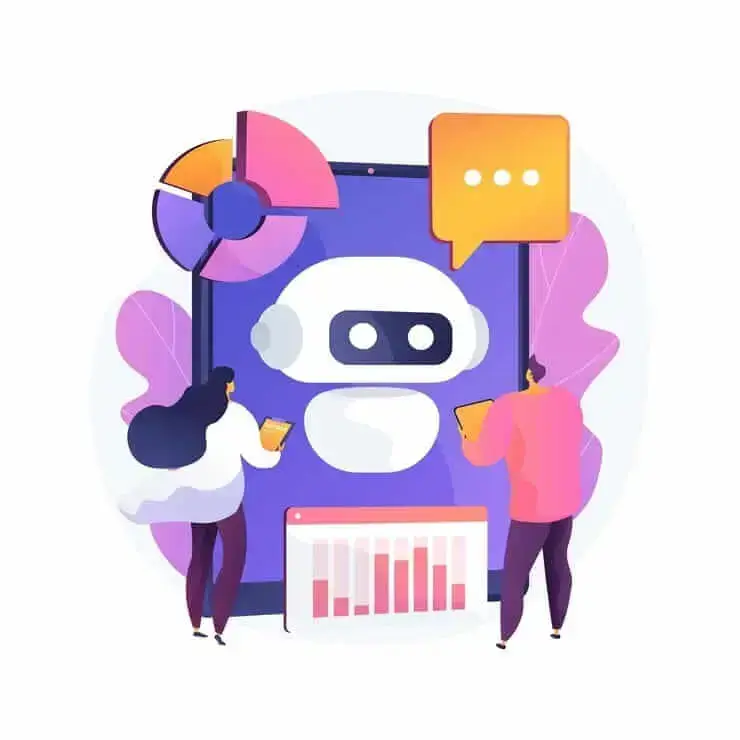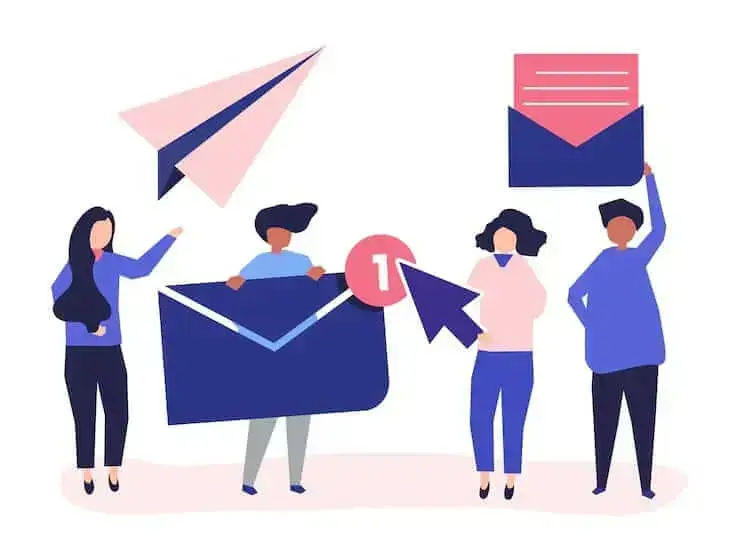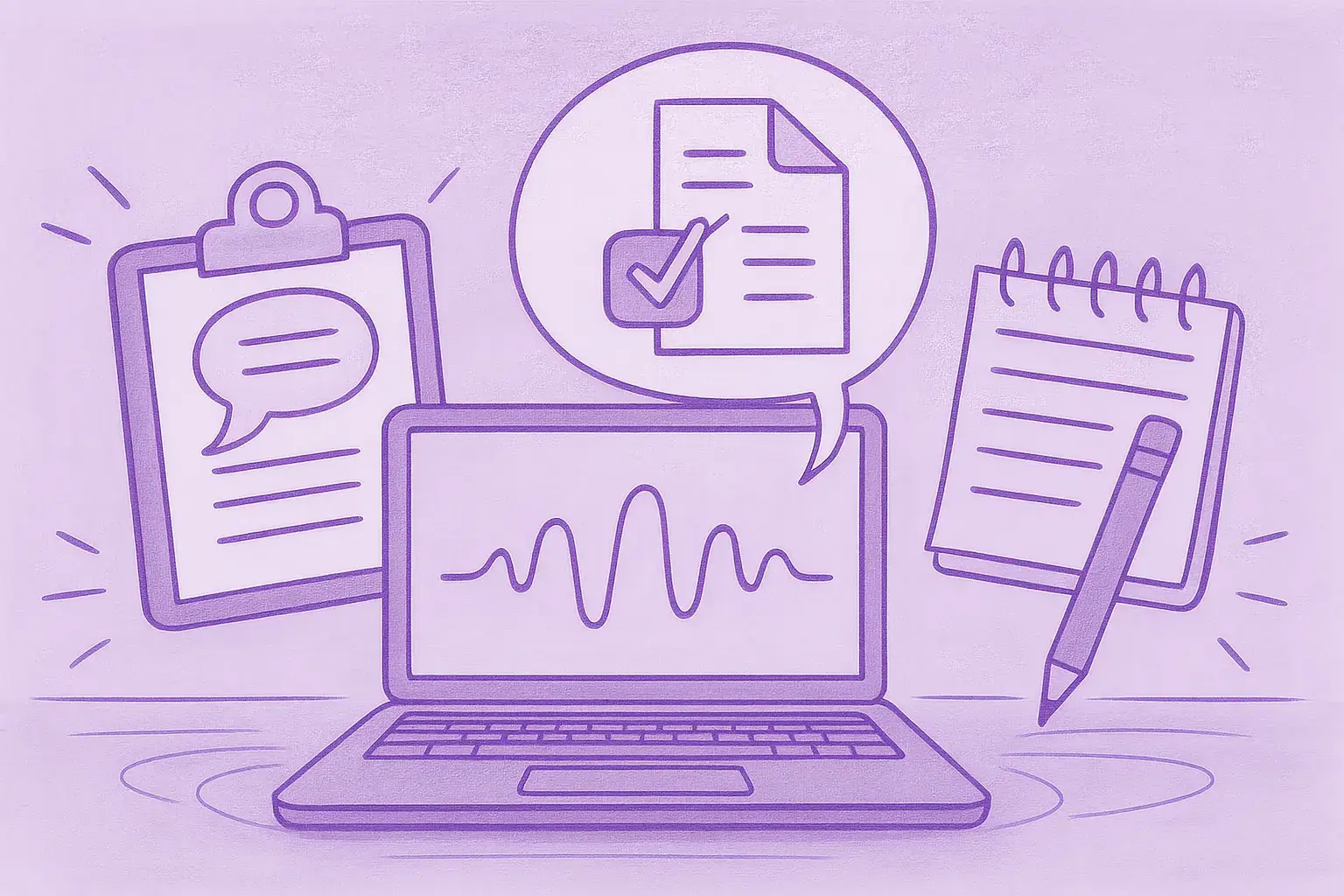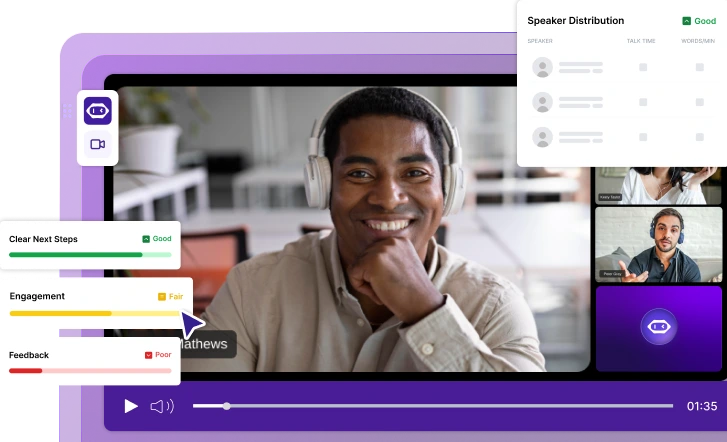Note-Taking AI for Students: The Best Tools to Study Smarter in 2026
A guide to the best AI note-taking tools for students in 2026, with features, pros, and cons to help you choose the right app for learning.
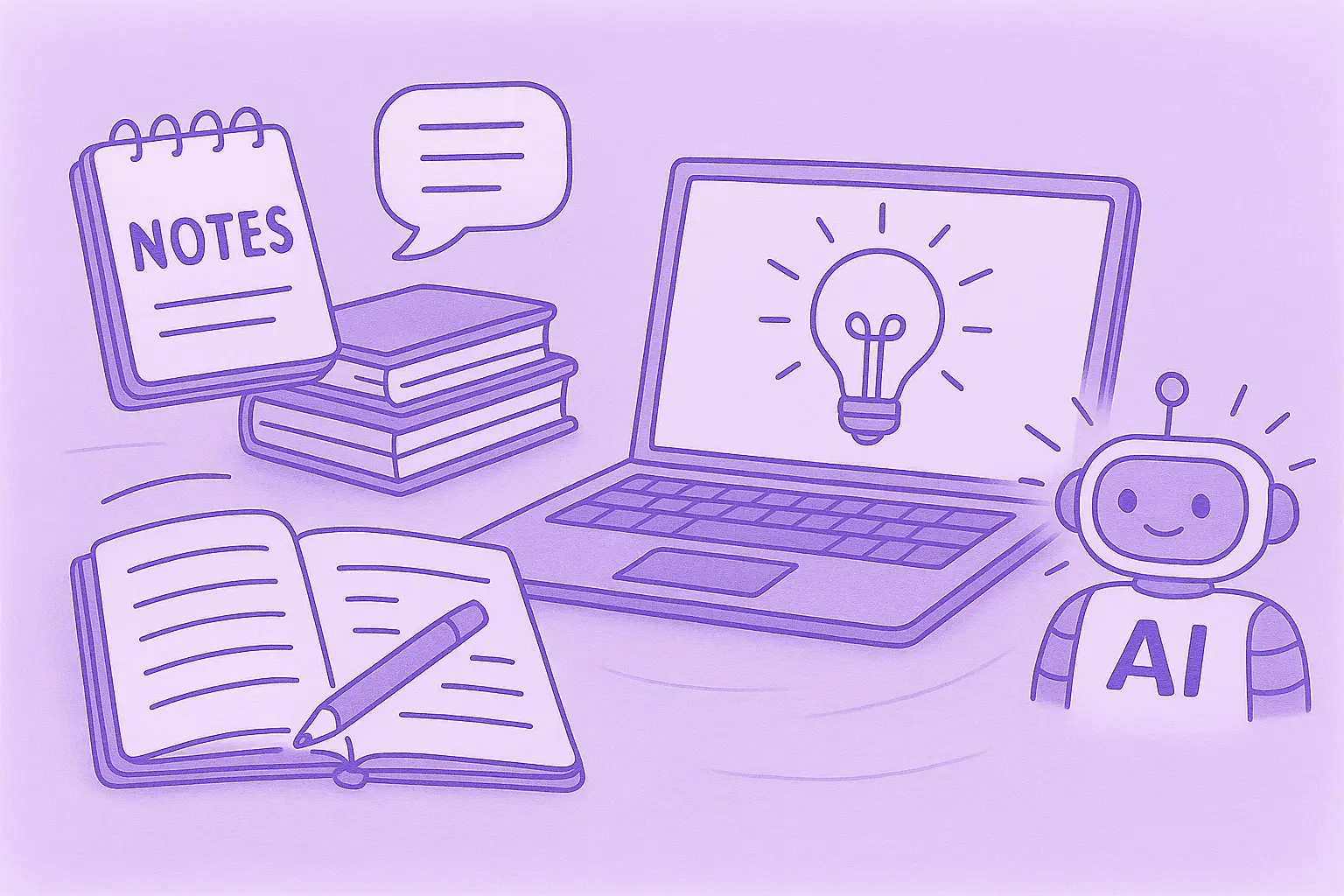
✅ Free meeting recording & transcription
💬 Automated sharing of insights to other tools.

If you are a student, you already know how important good note-taking is. Whether you are in lectures, working on group projects, or joining online classes, notes are what you use later to study and prepare. The problem is that manual note-taking is hard to keep up with, especially when you are trying to listen and write at the same time.
That is why many are turning to note-taking AI for students. An AI note taker uses artificial intelligence to listen, transcribe, and generate notes from your classes, study sessions, or group calls. These tools can give you up-to-date information, create meeting summaries, and help you focus on learning instead of typing.
In this article, we will look at what an AI note taker is, how it helps students, what features matter, and which are the best AI note taker tools in 2026.
What is an AI note taker?
An AI note taker is an AI tool that uses natural language processing to turn spoken words into text. These tools record, transcribe, and generate notes that you can later search, edit, or share. Some can even create AI-powered summaries of the key points so you don’t have to scroll through the entire transcript.
For students, an AI note-taking app is especially helpful. Professionals often use them to make meeting notes in business settings. Students use them to capture lecture notes, summarize YouTube videos, or generate notes from study sessions. As more learners pursue AI Certification Courses, these tools also help them retain complex concepts more efficiently by organizing key information automatically.
Unlike manual note-taking, which forces you to write everything by hand, an AI note generator saves significant time and gives you a more consistent structure.
How do AI note takers help students?
AI note-taker tools improve the learning experience in several ways:
- Save time during lectures and study sessions: With real-time transcription, you can speak freely, listen carefully, and not worry about missing details.
- Improve retention with structured notes: Many AI note-taking tools create AI-powered summaries that highlight the key points and next steps.
- Accessibility for diverse learners: Support for multiple languages, live meetings, and captions makes AI notes inclusive for students who face language barriers, hearing challenges, or background noise.
- Help with collaboration in group projects: When AI note-taking apps automatically join meetings on Zoom, Google Meet, or Microsoft Teams, everyone can stay engaged. Shared transcripts and meeting summaries help international teams and classmates working on brainstorming sessions or project planning.
Key features students should look for in an AI note-taking app
When choosing the best AI note taker, focus on these features:
- Accurate transcriptions: Good AI note-taking requires accurate transcriptions, even with background noise or multiple speakers. Speaker identification is also helpful.
- Smart summaries and highlights: Look for AI-powered summaries, highlight reels, and the ability to generate notes that show the key moments.
- Searchability and keyword tagging: Being able to search for specific ideas or key points is very important. Many apps let you tag and organize notes into a knowledge base.
- Compatibility with other apps: Check if it works with Google Meet, Microsoft Teams, Zoom, or can import video and audio files. A note-taking app that exports to Google Docs or Google Drive makes writing easier.
- Affordable or free plan: Students often need a free version with enough features. Some tools also offer a paid plan with advanced features like unlimited transcripts, priority support, or desktop use across operating systems.
- Collaboration options: Features like sharing AI-generated notes with classmates, exporting to other platforms, or using integrations with Google Keep and Notion AI streamline productivity.
Best AI note-taking apps for students in 2026
These are the best AI note-takers for students:
- MeetGeek
- Otter.ai
- Notion
- Evernote
- Obdisian
- Quizlet
- Jamworks
- Socratic by Google
MeetGeek – The all-in-one AI note taker for students
MeetGeek is a free AI note-taker that can automatically join your live meetings, record lectures, and create AI-powered summaries. It works with Google Meet, Microsoft Teams, and Zoom, as well as other platforms like Discord and Webex, and you can also upload video files or record in person.

Key features
- Real-time transcription in 60+ languages
- AI-generated meeting summaries with key points, decisions, and next steps
- Speaker identification and accurate transcriptions, even with background noise
- Searchable archives and a consistent structure for past meetings
- Automatic action item and highlight extraction
- 10,000+ integrations with Google Docs, Google Drive, Slack, Notion, Trello, and more
- Chrome extension that integrates with platforms like Zoom, Google Meet, Microsoft Teams, Webex, and Discord
- Mobile app for all major operating systems
- Free plan available, with paid plan offering unlimited transcripts and priority support
- GDPR-compliant security and safe handling of sensitive information
Pros
- Student-friendly with a free version and affordable upgrades
- Can automatically join classes and study group meetings
- Generates meeting notes, AI-powered summaries, and highlight clips
- Easy integration with Google Docs, Google Drive, and other platforms
Cons
- Needs a strong internet connection for the best results
- Free plan has limited features compared to the paid plan
Why students should try it first
MeetGeek is the best AI note taker for students who want to streamline productivity, create accurate lecture notes, and collaborate with classmates. It covers everything from real-time meeting assistants to AI-generated notes, making it the most complete choice in 2026.
Otter.ai – Popular for lecture transcriptions
Otter.ai is one of the most popular AI note-taking tools for both students and professionals. It is best known for real-time transcription and searchable transcripts. Many students use it to capture lecture notes, group discussions, and online classes without having to rely on manual note-taking.

Key features
- Real-time transcription with speaker identification for clear attribution
- Creates searchable transcripts with highlighted key points and timestamps
- Integrates directly with Google Meet, Zoom, and Microsoft Teams for live meetings
- Option to upload video and audio files for transcription
- Free plan with a solid amount of minutes, plus a paid plan with advanced features like more storage and priority support
Pros
- Easy to use, with a free version that works well for lectures
- Offers accurate transcriptions in most classroom environments
- Generates AI-powered notes quickly for study and follow-ups
Cons
- Accuracy can drop with heavy background noise or poor audio
- Certain features, like longer storage or more transcription minutes, are only in the paid plan
Why students like it
Otter.ai is a reliable AI note-taking app that helps students stay engaged in class while still capturing lecture notes. The free plan is practical for everyday use, and the integration with major platforms makes it easy to generate notes from online classes.
Notion – Great for organized study notes
Notion is not just a note taker; it is an all-in-one workspace that lets students organize lecture notes, assignments, and projects in one place. With Notion AI, it can also generate notes, create AI-powered summaries, and streamline productivity.

Key features
- Flexible note-taking app for lecture notes, assignments, and ideas
- Notion AI generates AI-powered summaries and helps create structured notes
- Searchable knowledge base with linking and tagging for consistent structure
- Works with Google Docs, Google Drive, and other platforms for importing or exporting notes
- Free plan available, with paid plan offering advanced features like more storage and priority support
Pros
- Flexible system for organizing all kinds of study material
- Great for building a personal knowledge base across courses
- Collaboration tools make it easy for group projects
Cons
- Steeper learning curve for students new to customizing apps
- Lack of speaker recognition
Why students like it
Notion is a top choice for students who want more than just lecture notes. It combines organization, collaboration, and AI-powered summaries, making it easy to manage classes and projects in one workspace.
Evernote – Classic note organization
Evernote is one of the original note-taking apps that remains popular with students. It works best as a storage and organization tool, where you can save lecture notes, PDFs, and other materials.
![A UI rappresentation of [object Object]](https://cdn.prod.website-files.com/63b042656c21e611f6f8be44/68c7deedaa81ccc6c7aefcbe_27469f35.png)
Key features
- Reliable note-taking app with tagging and advanced search
- Stores lecture notes, PDFs, images, and video clips in one place
- Syncs across operating systems and devices for easy access
- Free plan with basic tools, plus a paid plan for advanced features and more storage
- Integrates with other apps for easier study workflows
Pros
- Time-tested and familiar note-taking app
- Strong search and tagging tools for organizing lecture notes
- Easy to combine with other apps or AI-generated notes
Cons
- Free plan is very restrictive, with limited device syncing and storage
- AI features are basic compared to newer note-taking apps
- Export options are less flexible than apps like Notion or Google Docs
Why students like it
Evernote is dependable and simple, making it easy to store and organize notes from lectures, reading materials, and group projects. Many students like it as a central hub for all their study content.
Obsidian – Advanced knowledge mapping for power users
Obsidian is a Markdown-based note-taking app designed for building a personal knowledge base. It is popular among students who want to link ideas, create a consistent structure, and visualize connections between notes.

Key features
- Markdown-based note-taking with linking and graph view
- Supports plugins for AI-powered summaries, transcription imports, and flashcard creation
- Works offline on desktop use with local device-level storage for better data privacy
- Free version available, with paid plan for advanced features and sync options
- Highly customizable with plugins and integrations to other apps
Pros
- Great for students who want to build a deep knowledge base
- Offers advanced features for linking lecture notes and concepts
- Works well when combined with AI-generated notes from other apps
Cons
- Learning curve can be steep for students unfamiliar with Markdown
- Some advanced features require plugins or a paid plan
Why students like it
Obsidian is perfect for students in research-heavy courses who need more than just meeting notes. It helps them connect ideas, create a long-term knowledge base, and use AI tools to enhance their study process.
Quizlet – AI-powered flashcards and study aids
Quizlet is best known for turning notes into active study materials like flashcards and quizzes. With AI features, it helps students review and remember key points from lecture notes and AI-generated notes.

Key features
- Converts AI-generated notes into flashcards and practice quizzes
- Uses artificial intelligence to apply spaced repetition learning
- Free plan available with limited features, paid plan for advanced study tools
- Works with Google Docs, lecture notes, and other platforms for easy importing
- Mobile app for studying on the go
Pros
- Effective active recall study method that improves retention
- Complements AI note-taker tools by turning summaries into quizzes
- Great for exam prep and regular study sessions
Cons
- Free plan includes ads, which can be distracting during study sessions
- AI-generated flashcards sometimes need editing to be fully accurate or useful
Why students like it
Quizlet helps students move beyond passive reading by using their AI-generated notes to create flashcards and quizzes. It is especially helpful for exam preparation and reinforcing learning over time.
Jamworks – Personalised AI learning for students
Jamworks is designed specifically as an AI note-taking app for students. It focuses on creating personalized lecture notes, summaries, and quizzes that improve learning efficiency.

Key features
- Real-time transcription of lectures, YouTube videos, and study sessions
- Creates AI-powered summaries, highlight reels, and study quizzes
- Inclusive design with accessibility options for diverse learners
- Works across devices and operating systems with mobile and desktop apps
- Free version available, with paid plan unlocking advanced features
Pros
- Built for education, not just business meetings
- Generates personalized AI notes and quizzes tailored for students
- Improves learning efficiency and helps students stay engaged
Cons
- Can drain battery quickly on mobile devices during long lecture recordings
- Quizzes and summaries are sometimes too simplified for technical or advanced courses
Why students like it
Jamworks is popular because it combines transcription, summaries, and quizzes into one app. It is tailored for education, helping students save time and get more value out of their lecture notes.
Socratic by Google – AI for quick explanations
Socratic is a free AI mobile assistant from Google that helps students understand specific questions or concepts. It is not a full AI note-taker, but it works well as a complement to other apps.

Key features
- AI assistant for fast explanations of lecture notes and study questions
- Supports text input, photo capture, or voice input for flexibility
- Free app available across major operating systems
- Uses AI chat and natural language processing to break down answers
- Links to up-to-date information and reliable learning resources
Pros
- Completely free and easy to use
- Great for clarifying difficult ideas in real time
- Works smoothly on mobile devices for quick help
Cons
- Explanations depend on available sources, which means some answers may be too general
- Not designed for full lecture capture or meeting notes
Why students like it
Socratic is helpful when students already have AI-generated notes but need extra explanations. It makes learning easier by breaking down tough concepts into simple answers.
How to choose the best AI note taker for your student life
With so many options available, it's important to understand what your needs are before making a choice.
Here are five ways to decide which AI note-taker is best for you:
- Think about your study style and whether you prefer real-time transcription, AI-powered summaries, or flashcards
- Compare free plan limits versus paid plan advanced features, like unlimited transcripts or priority support
- Look at integrations with other apps you already use, like Google Docs, Google Drive, or Notion AI
- Try a free version first to see if it helps you generate notes and improve productivity
- Remember that certain features may only be available on paid plans or specific operating systems
Final thoughts on AI note-taking for students
AI note-taking is now a normal part of student life. These tools use artificial intelligence to create accurate transcriptions, generate notes, and save students significant time. They improve lecture notes, meeting summaries, and even brainstorming sessions.
Among all the AI note taker tools, MeetGeek is the best AI note taker for students in 2026 because it balances free access, advanced features, and ease of use. Whether you need transcriptions of live meetings, AI-powered summaries of key points, or integrations with Google Docs and Google Drive, it delivers.
If you are ready to improve your learning efficiency, reduce stress, and create a consistent structure for your notes, try MeetGeek for free. It will make your lectures, study sessions, and projects easier to manage and much more productive.
Frequently asked questions
What is the best AI note-taker for students?
The best AI note taker for students in 2026 is Meetgeek. It offers real-time transcription in multiple languages, AI-powered summaries with key points and next steps, speaker identification, and integrations with over 8,000 apps like Google Docs and Microsoft Teams. Its free plan makes it student-friendly, while the paid plan adds unlimited transcripts and advanced features.
Is ChatGPT good for taking notes?
ChatGPT can help with note-taking, but it is not a dedicated AI note-taking app. You can paste text, lecture notes, or meeting transcripts into ChatGPT and ask it to generate notes, summaries, or study guides.
However, for real-time transcription or automatic meeting summaries, tools like Meetgeek or Otter.ai are better suited. ChatGPT works best as an AI assistant to refine or reorganize your notes after they are captured.
What's the best AI to make notes out of PDF?
If you want to make notes out of PDFs, Notion and Evernote are strong choices. Notion AI can turn imported documents into AI-powered summaries and help you build a structured knowledge base.
Evernote lets you store PDFs alongside lecture notes, tag key points, and keep everything searchable across devices. Both work well as study hubs when paired with an AI note taker like MeetGeek for lecture recordings.
How do I make notes using AI for students?
Students can make notes with AI by using an AI note taker that records lectures, transcribes them, and generates summaries. Tools like MeetGeek, Otter.ai, and Jamworks can automatically join live meetings on Google Meet or Microsoft Teams, provide real-time transcription, and create AI-powered summaries with key points and next steps.
You can also export AI-generated notes to Google Docs or Google Drive, highlight important sections, and share them with classmates.
.avif)



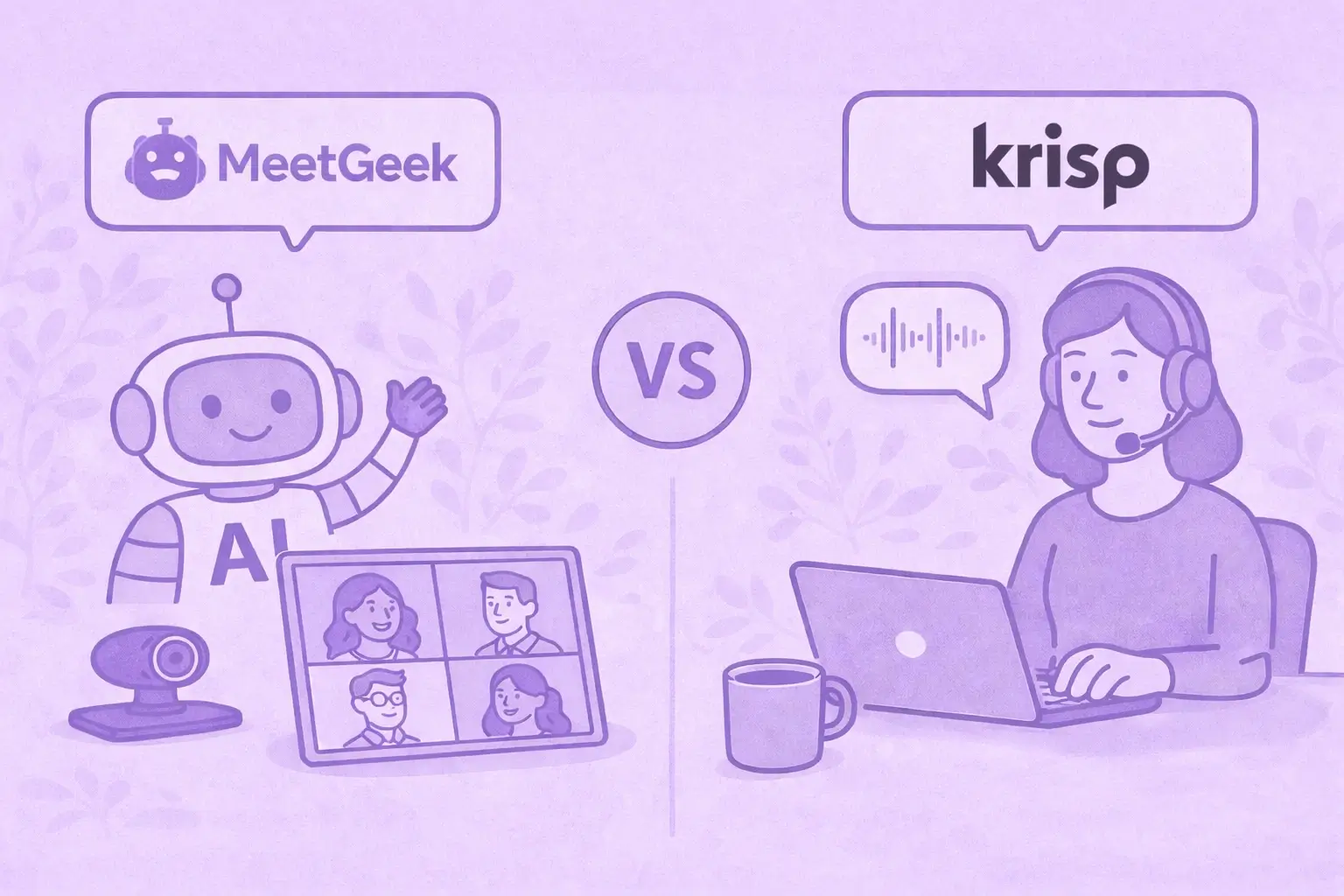
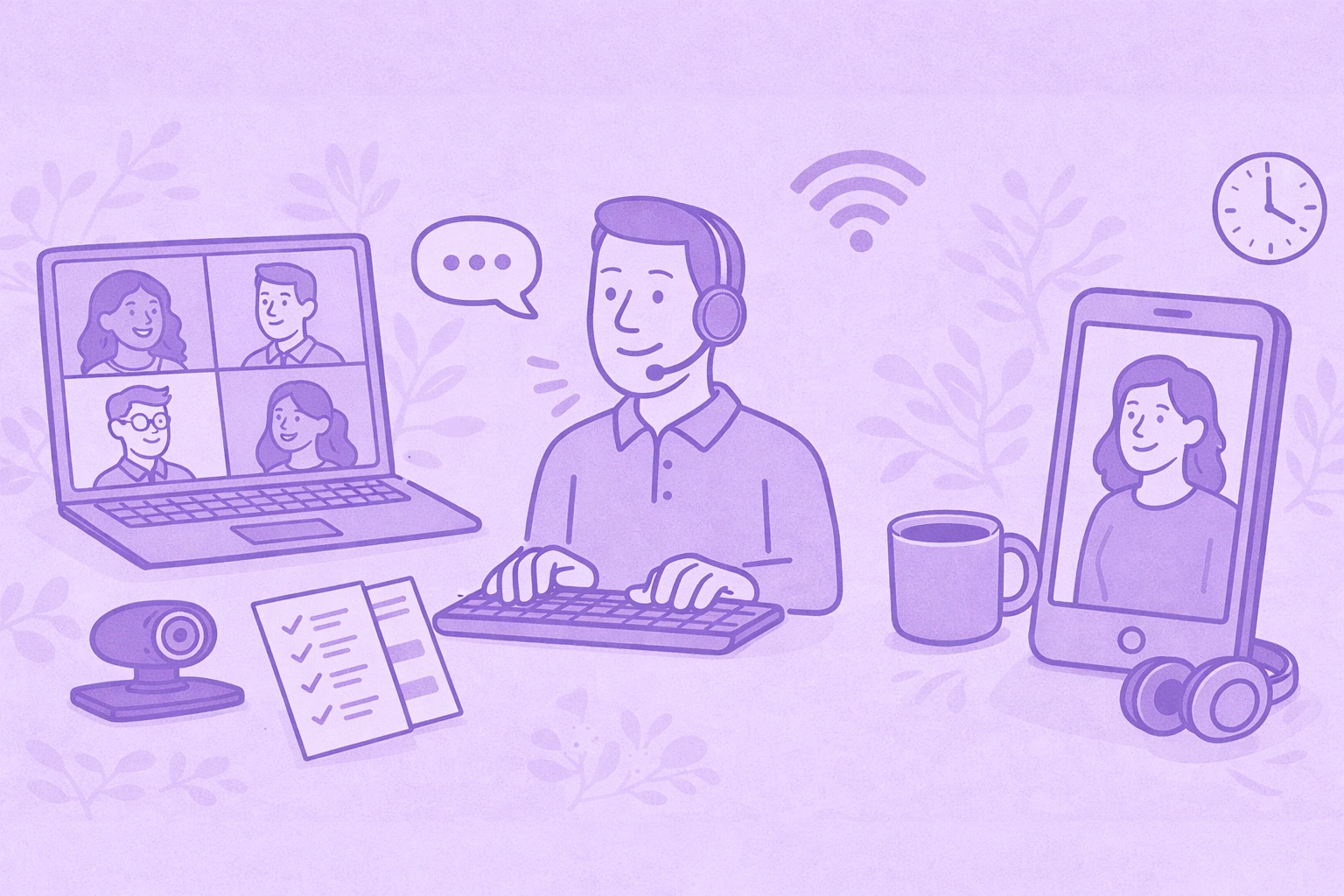
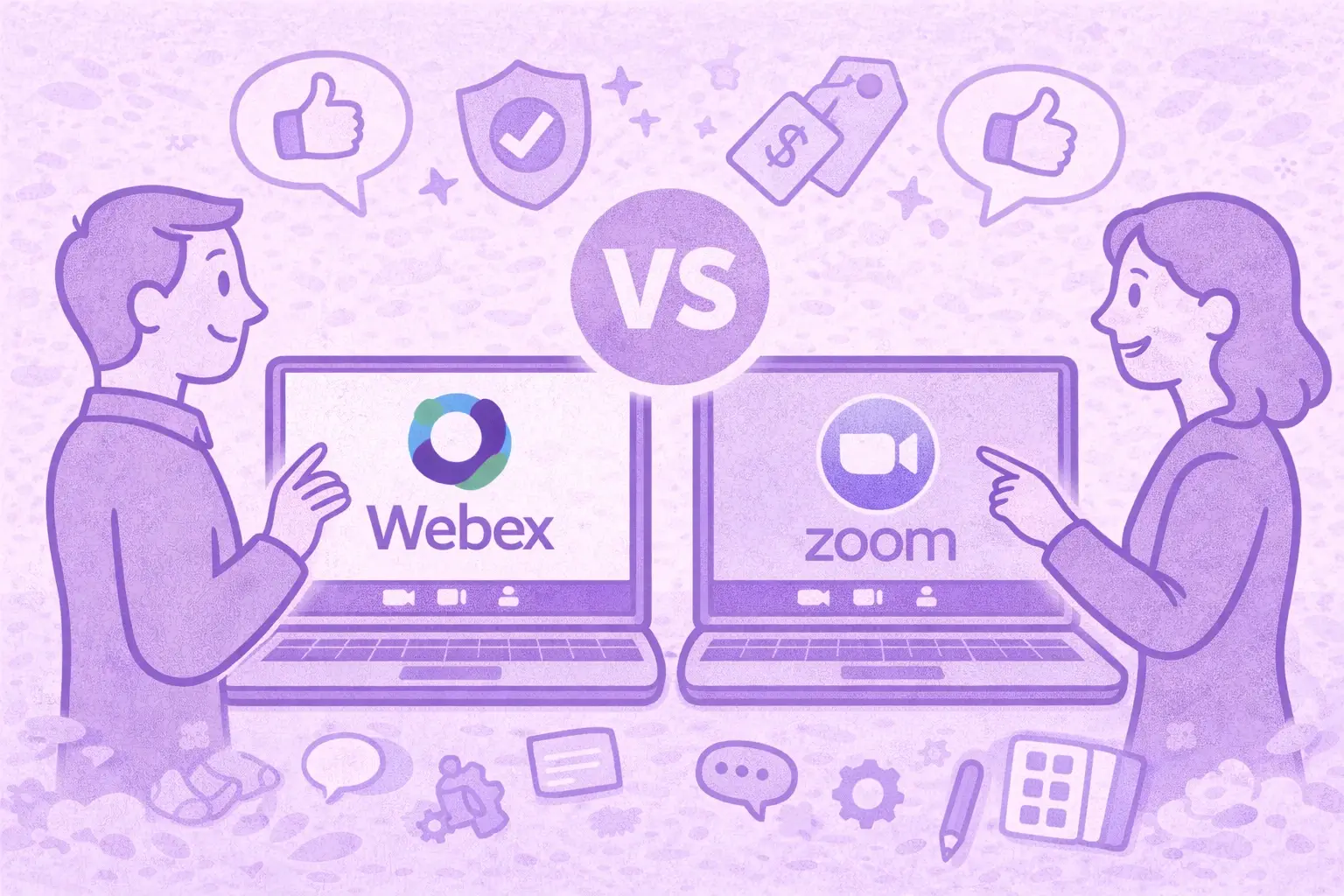
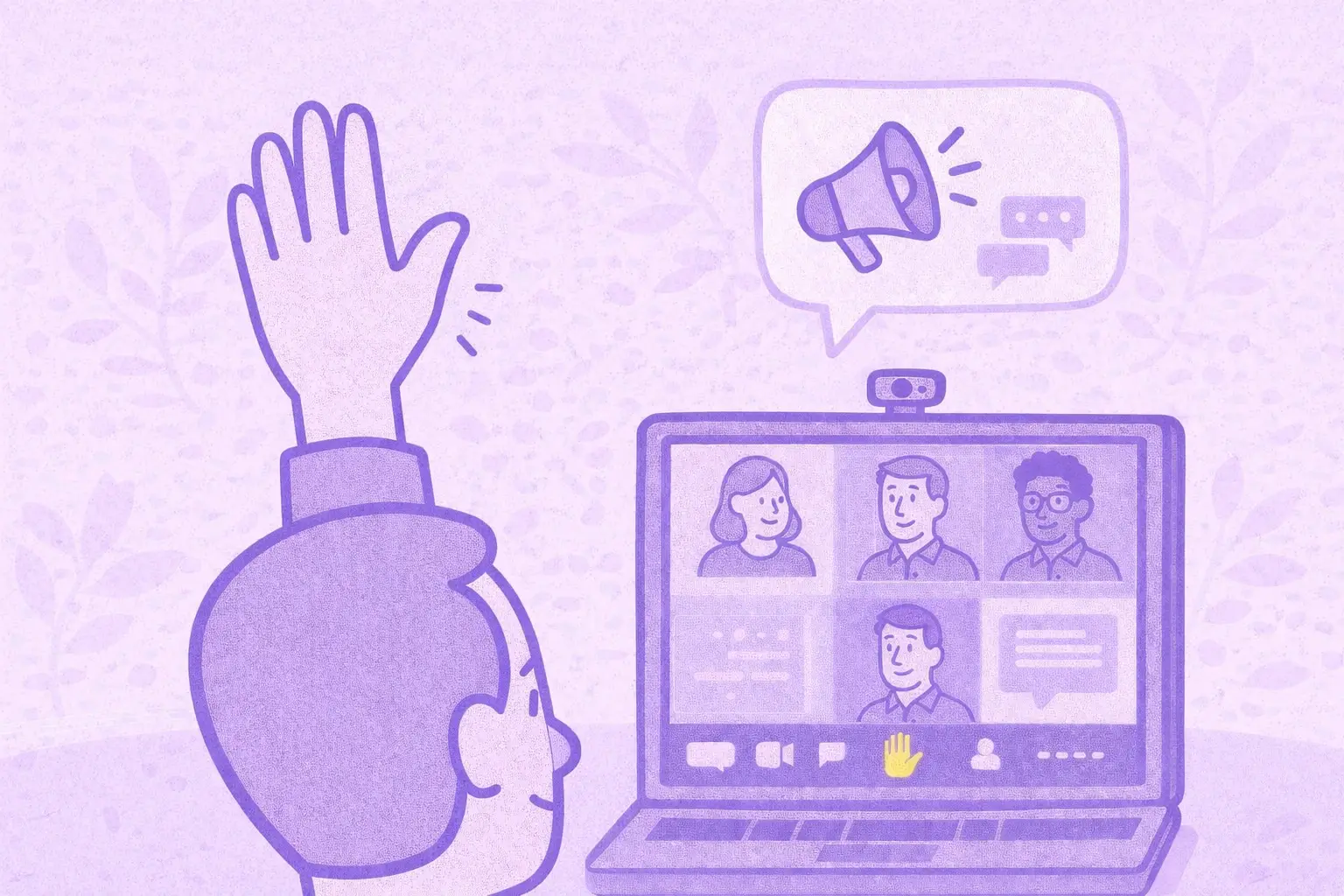
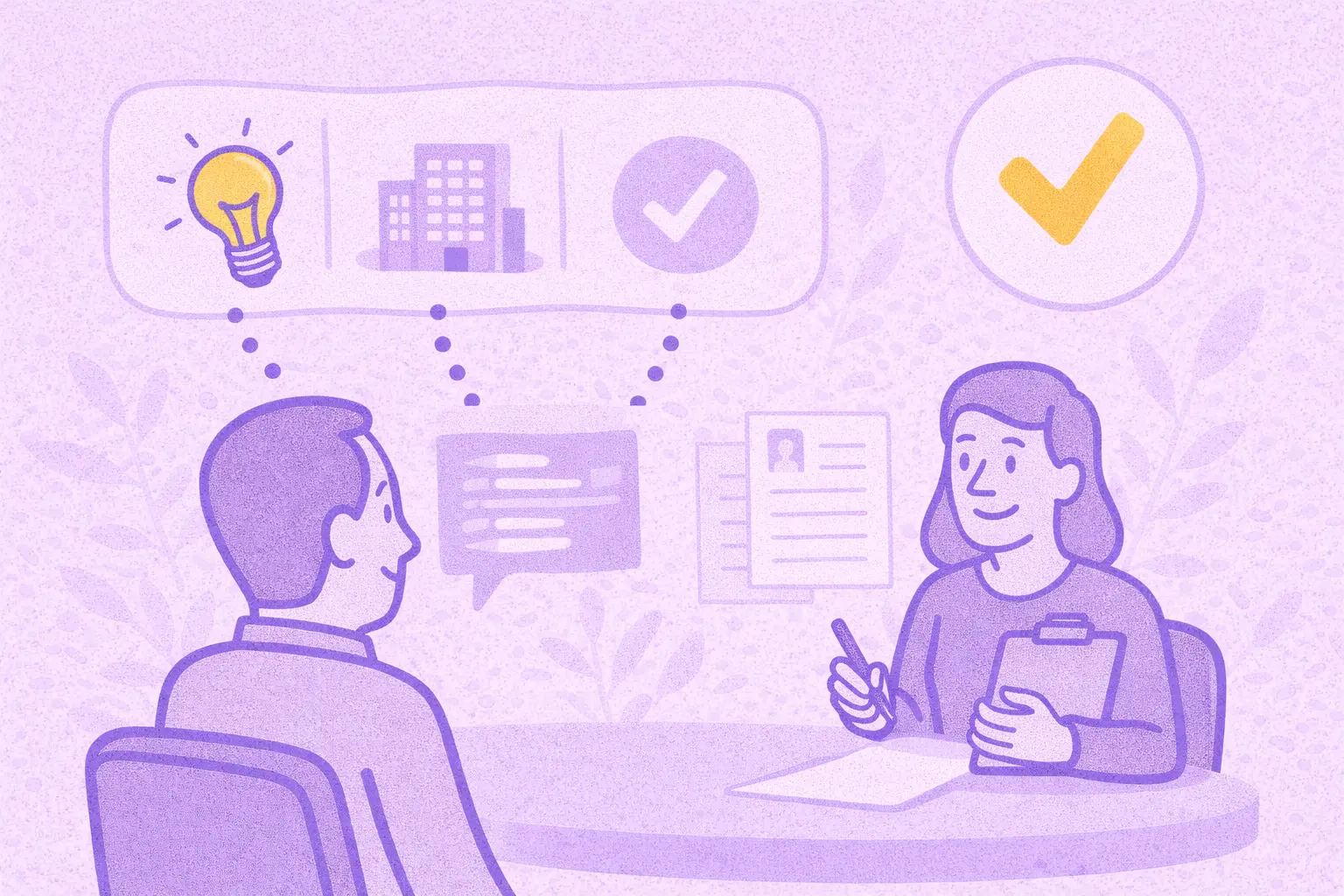

.webp)
